Are you doing Sober October this year? There are lots of reasons to do so: a clearer head, better sleep, glowier skin and the chance to raise much-needed funds for Macmillan Cancer Support. But we are living in extremely fraught times, with parts of the country in lockdown already, and the rest of us not knowing if and when the rules around working, socialising and childcare are going to change (or, indeed, what the rules actually are).
The good news is Macmillan have responded to our extraordinary circumstances by rebranding this year's initiative as Sober(ish) October, acknowledging that attempting a month of sobriety right now, on top of everything else, might be too much for some people.
Of course, if quitting alcohol completely is doable for you, then great, go for it. But I wrote Mindful Drinking: How Cutting Down Can Change Your Life because I didn't want to give up alcohol completely: I just wanted to cut out the drinks that I knocked back without really thinking about it, the ones that I wasn't even enjoying, the fourth glass that I didn't need and would mean the difference between a mild hangover and a pounding, paranoid day of misery.
Because, let's face it, a lockdown hangover is the worst of hangovers - and recent research has shown that many more of us are waking up with one. According to the report from the Global Drug Survey, more than half of British drinkers admitted to an increase in the number of drinking days in a week during lockdown, and a third reported an increase in binge drinking. Not only that, but half of us have been cracking open our first drink earlier in the day than usual.
I get it. For those of us lucky enough to have jobs that we can do from home, a drink might have become a demarcation of the end of the working day. For those that have been furloughed or lost their job during this crisis, I can see the appeal of a drink in the afternoon because, why not?
'Attempting a month of sobriety right now, on top of everything else, might be too much for some people.'
But the GDS report went on to say that poorer physical health was mentioned by more than 40% as a result of increased drinking, with a negative impact on mental health and a decreased pleasure from drinking also reported. Hear that? Decreased pleasure from drinking. Honestly, what is the point of drinking if you don’t get pleasure from it?
So, if you want to try Sober(ish) October, these tips might help you make lockdown hangovers a thing of the past...
One. Picture your future self: the bright-eyed version of you who is capable of leaping out of bed feeling fresh and well-rested. Does she want you to have another drink? No.
Two. Try and limit your drinking days in a week. I find having alcohol-free days considerably easier than stopping after one drink.
Three. Stock up on alcohol-free drinks. It sounds crazy, but sometimes that ‘fizzzzz clink’ of opening a bottle of something cold is enough to satisfy that urge to drink. I love Kombucha and Seedlip.
Four. Think about how you feel before you drink: a joyful, celebratory glass of fizz with much-missed friends? Go for it! A large white wine to numb feelings of boredom or loneliness? Call a friend instead.
Five. Find a friend (or, even better, a WhatsApp group of several people) who wants to try cutting back too. Then, when you have the urge to open a bottle of wine in the evening, you have support and encouragement at your fingertips, to help you surf the urge.
Most importantly: be kind to yourself. We are living through extraordinary times so focus on what makes you happy and, if total sobriety feels unachievable right now, join me in doing Sober(ish) October. You never know, it might just change your life.
Rosamund Dean is the author of Mindful Drinking: How Cutting Down Can Change Your Life
Best Self-Help Books For 2022
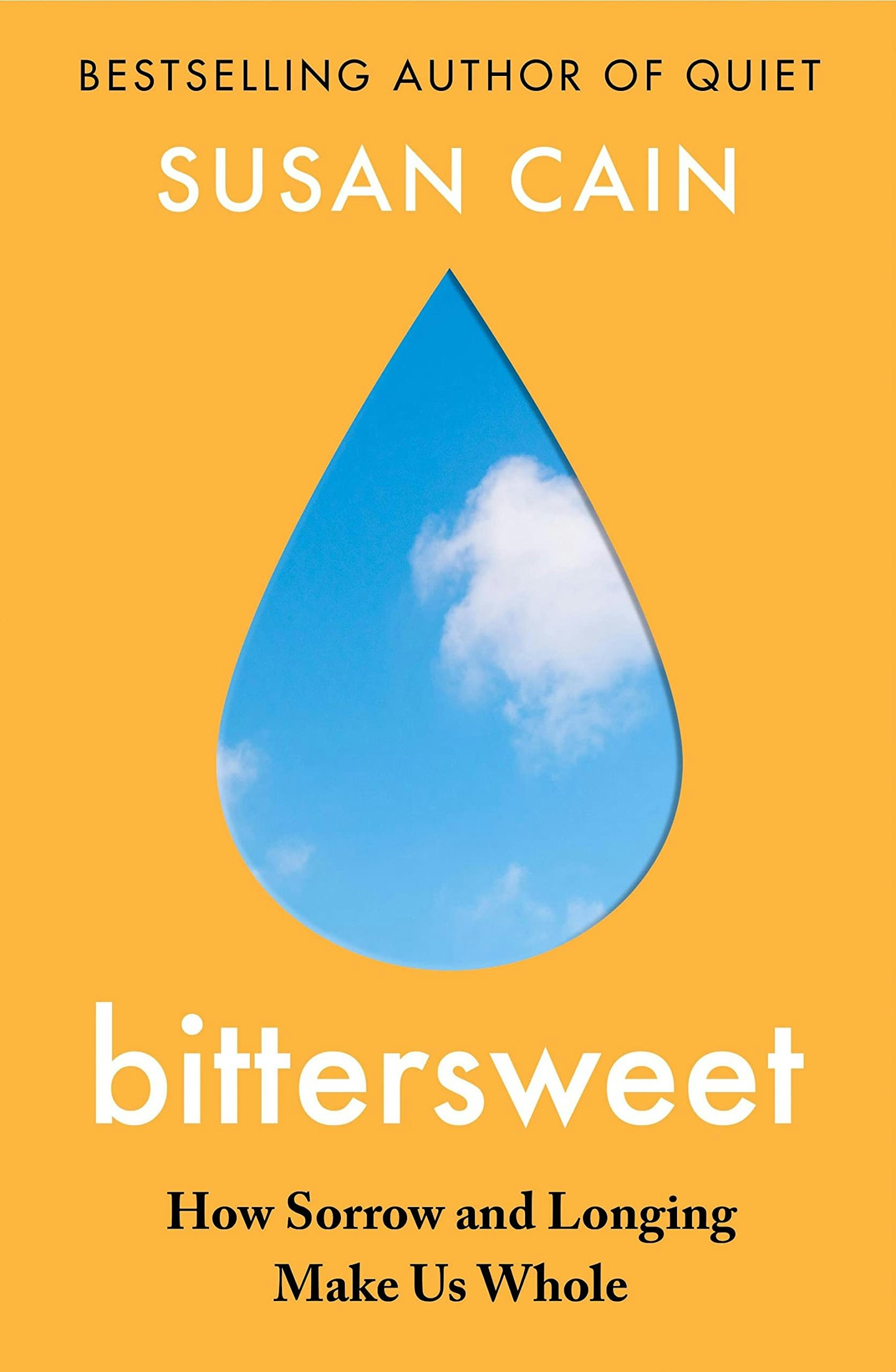 1 of 33
1 of 33Bittersweet - How Sorrow And Longing Make Us Whole
Why are we obsessed with happiness? And what are the powers of a melancholic outlook? Bittersweet claims it's only when we embrace our darker emotions that we can discover our deepest meaning and connection: love and joy. Time to get angsty.
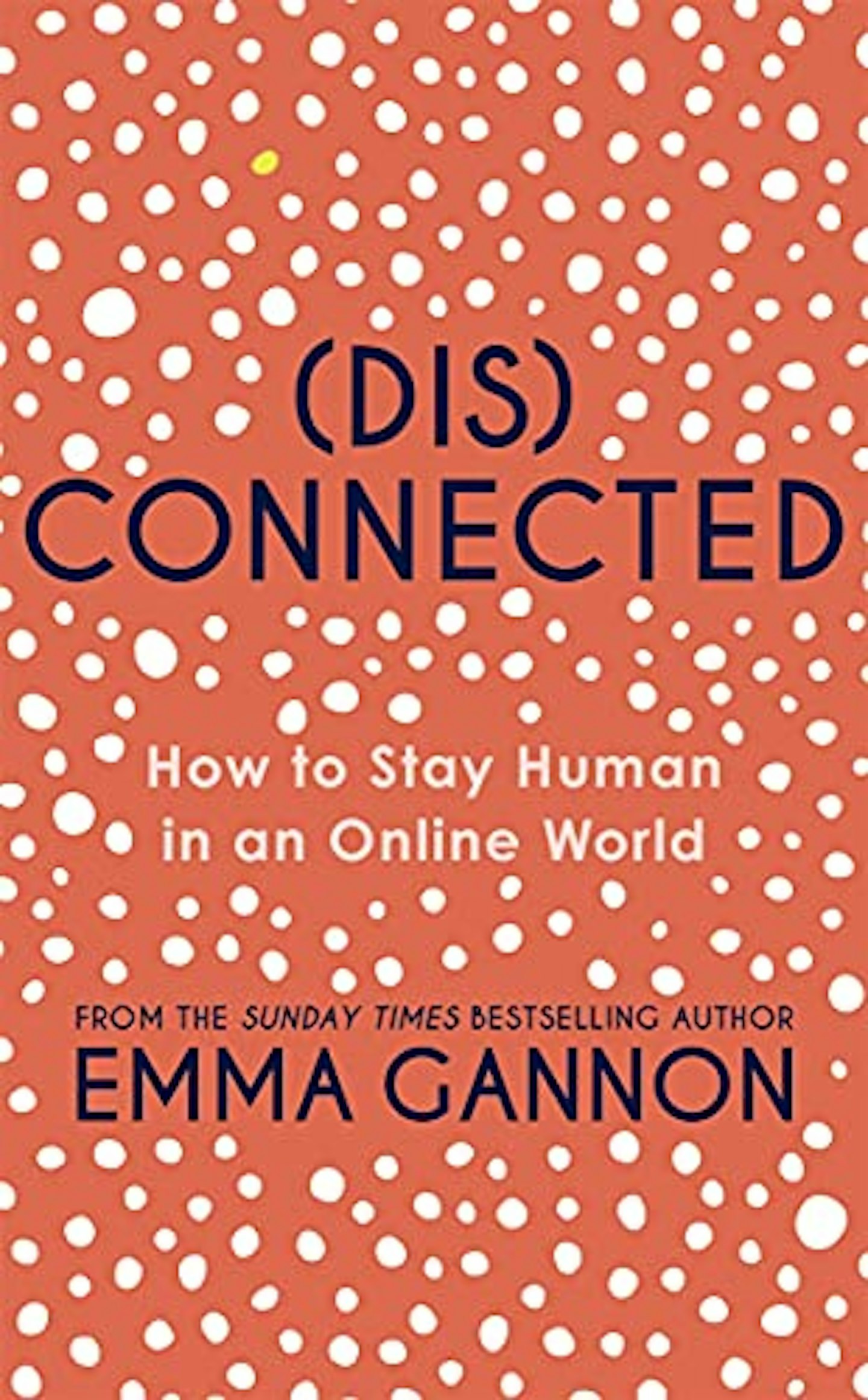 2 of 33
2 of 33(Dis)connected - How To Stay Human In An Online World
In (Dis)connected, Emma Gannon argues that after years of lockdowns and Zoom meetings our focus on community and connection has been thrown off-kilter as she offers tangible tips and advice for those of us feeling a bit lost.
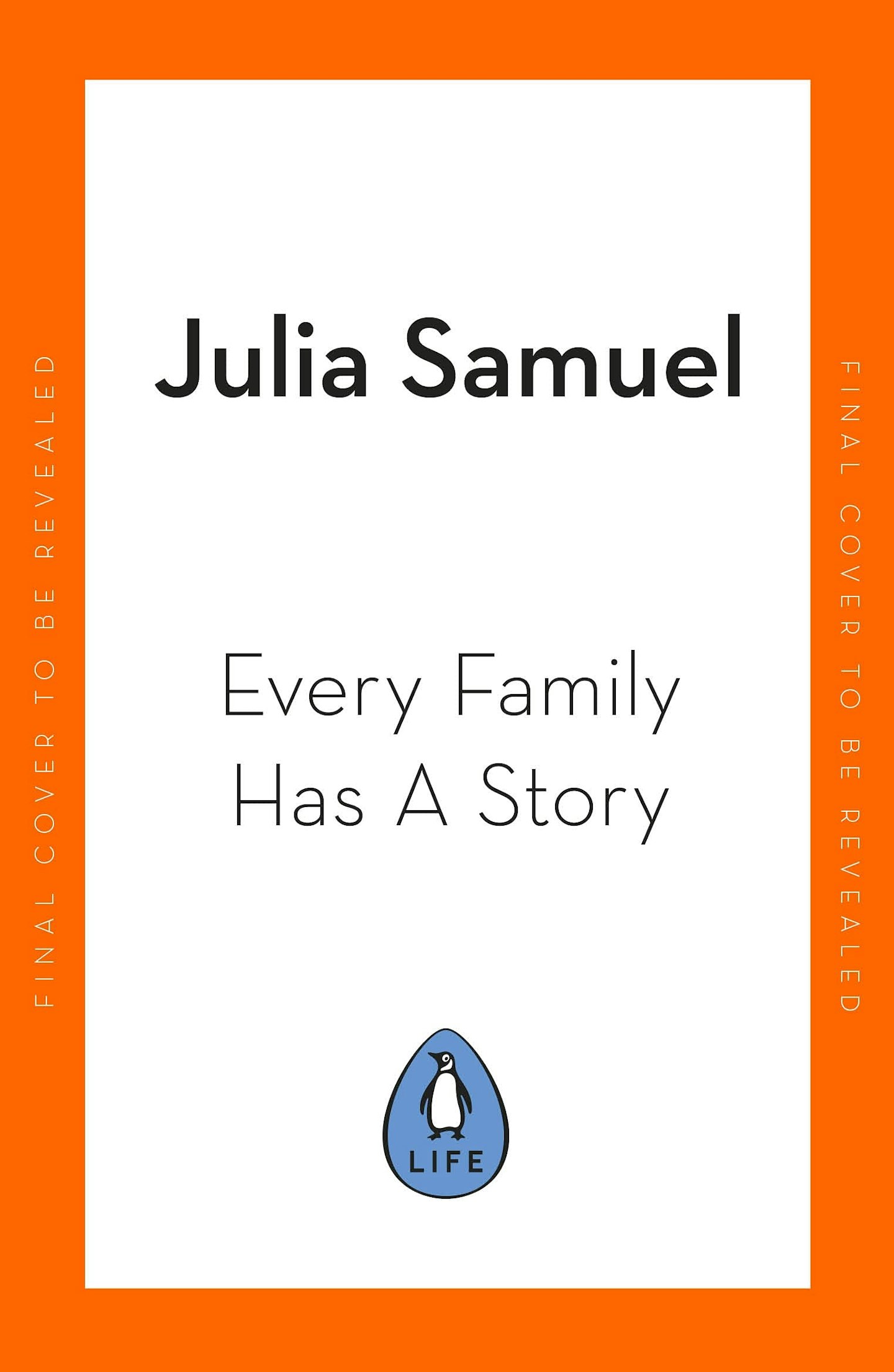 3 of 33
3 of 33Every Family Has A Story - How We Inherit Love And Loss
Bestselling psychotherapist Julia Samuel dives into eight family case studies and analyses a range of common issues including separation, step-relationships, leaving home, trauma and loss, to reveal how deeply we are influenced by our relatives and how we can face challenges together.
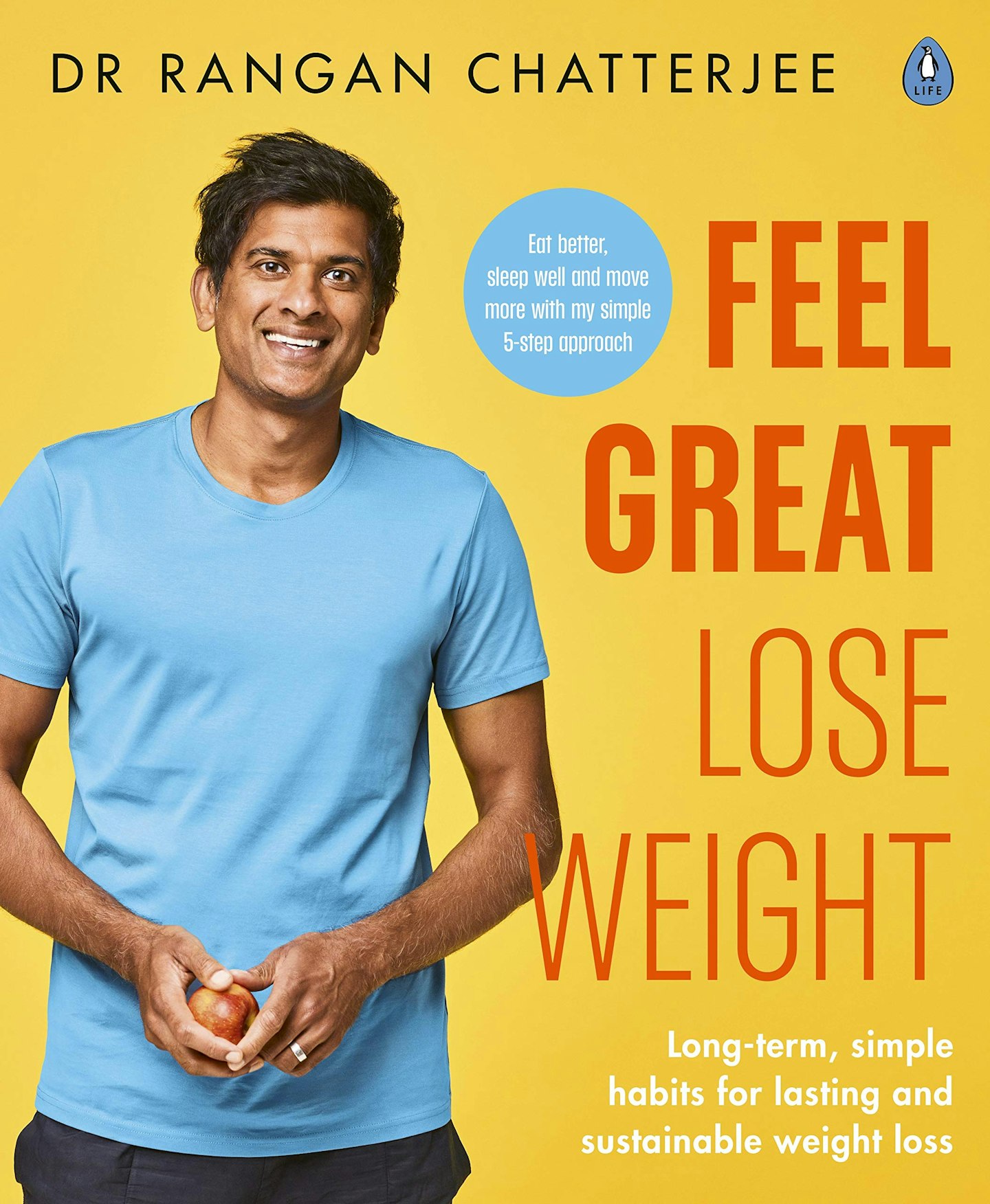 4 of 33
4 of 33Feel Great Lose Weight: Long term, simple habits for lasting and sustainable weight loss, by Dr Rangan Chatterjee
The host of the brilliant Feel Better Live More podcast brings his warm, sensible attitude and quietly revelatory advice to the thorny area of weight loss.
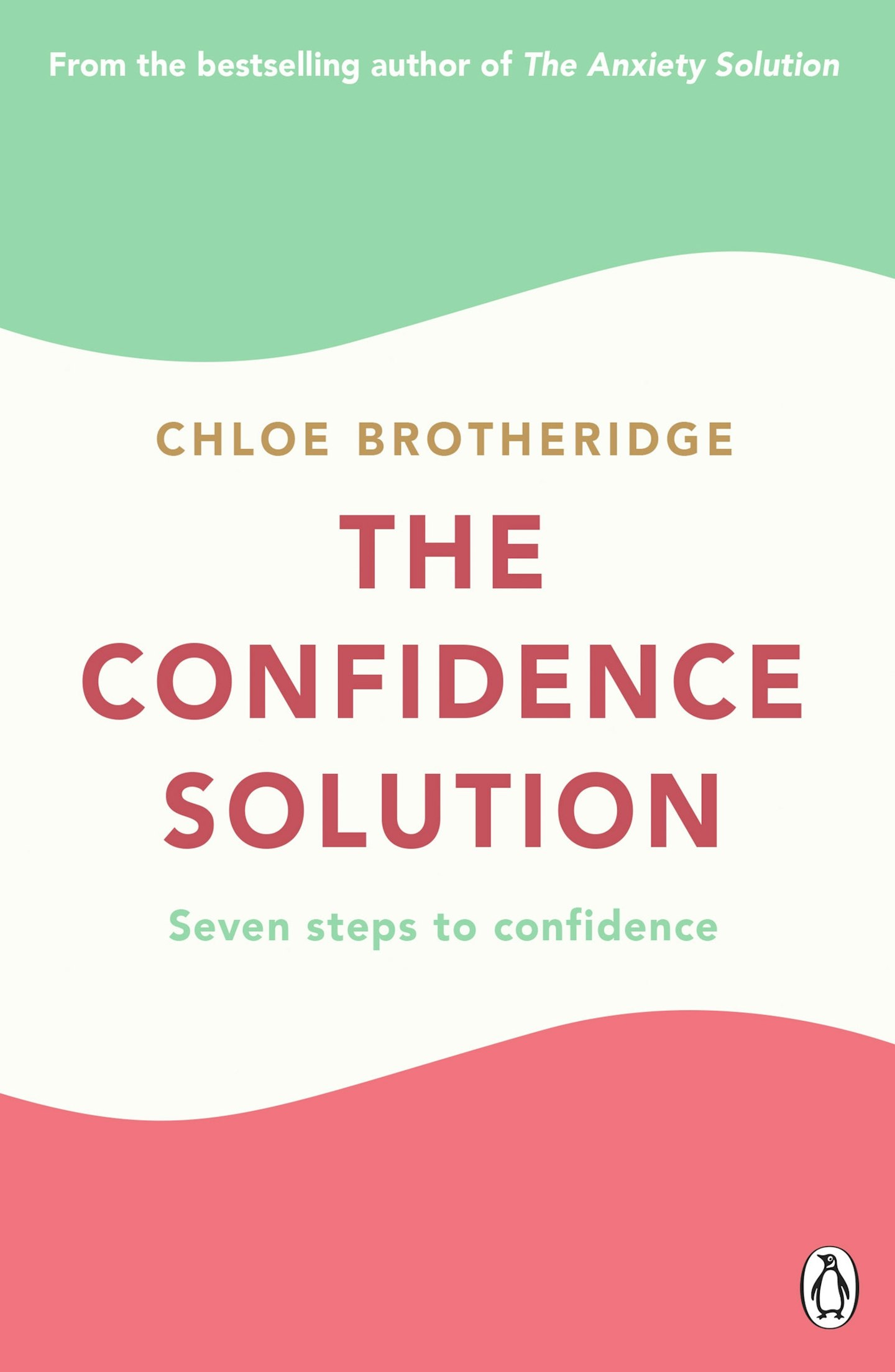 5 of 33
5 of 33The Confidence Solution: Seven Steps to Confidence, by Chloe Brotheridge
Rebuild your self-esteem in 2022, with this simple, practical guide to beating anxiety and being brave, from the host of The Calmer You Podcast.
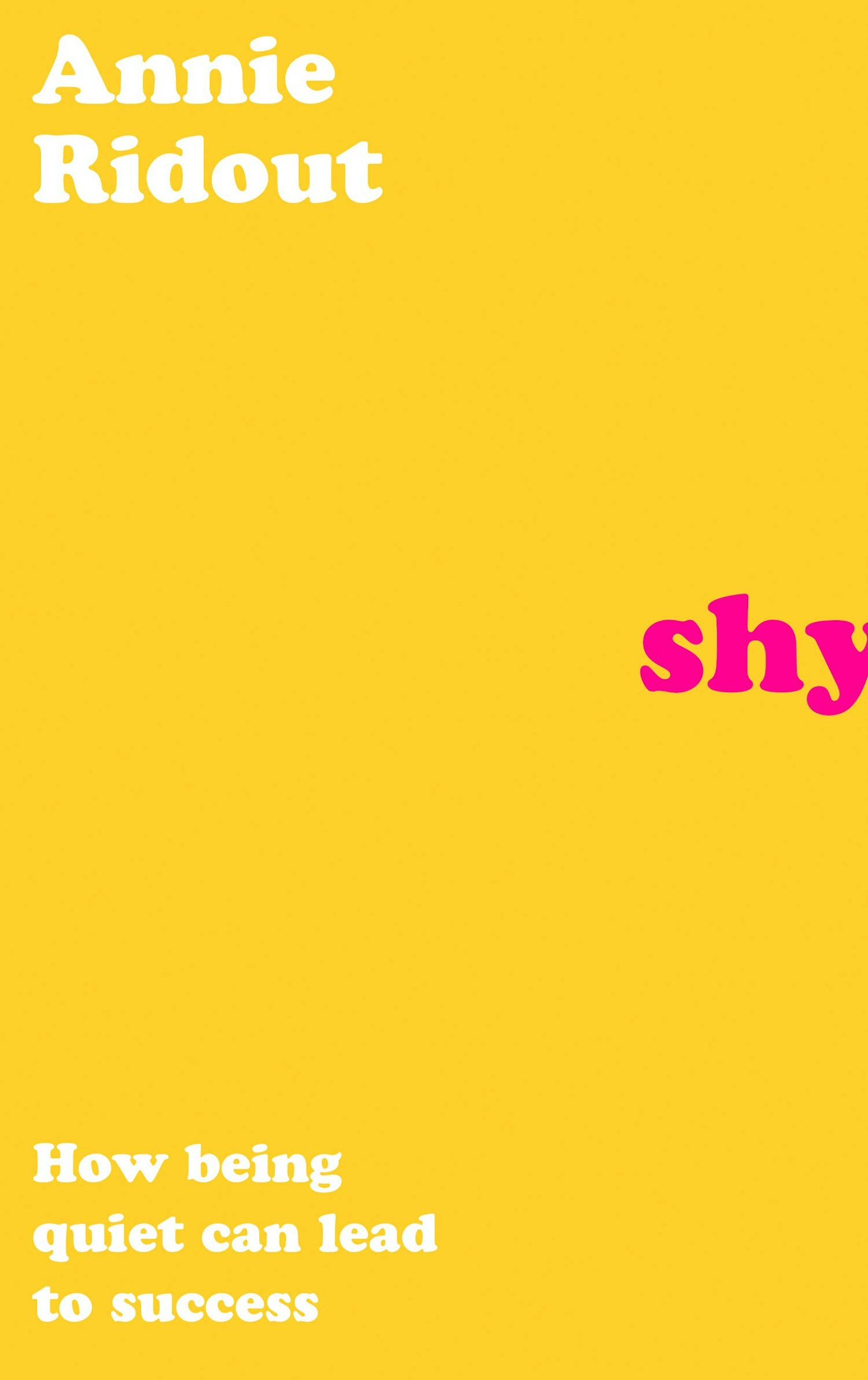 6 of 33
6 of 33Shy: How Being Quiet Can Lead To Success, by Annie Ridout
A reassuringly relatable read from Annie Ridout, for any of us who have ever felt lacking in confidence, and a practical and galvanising guide to helping you harness the power of shyness, particularly in an increasingly digital world.
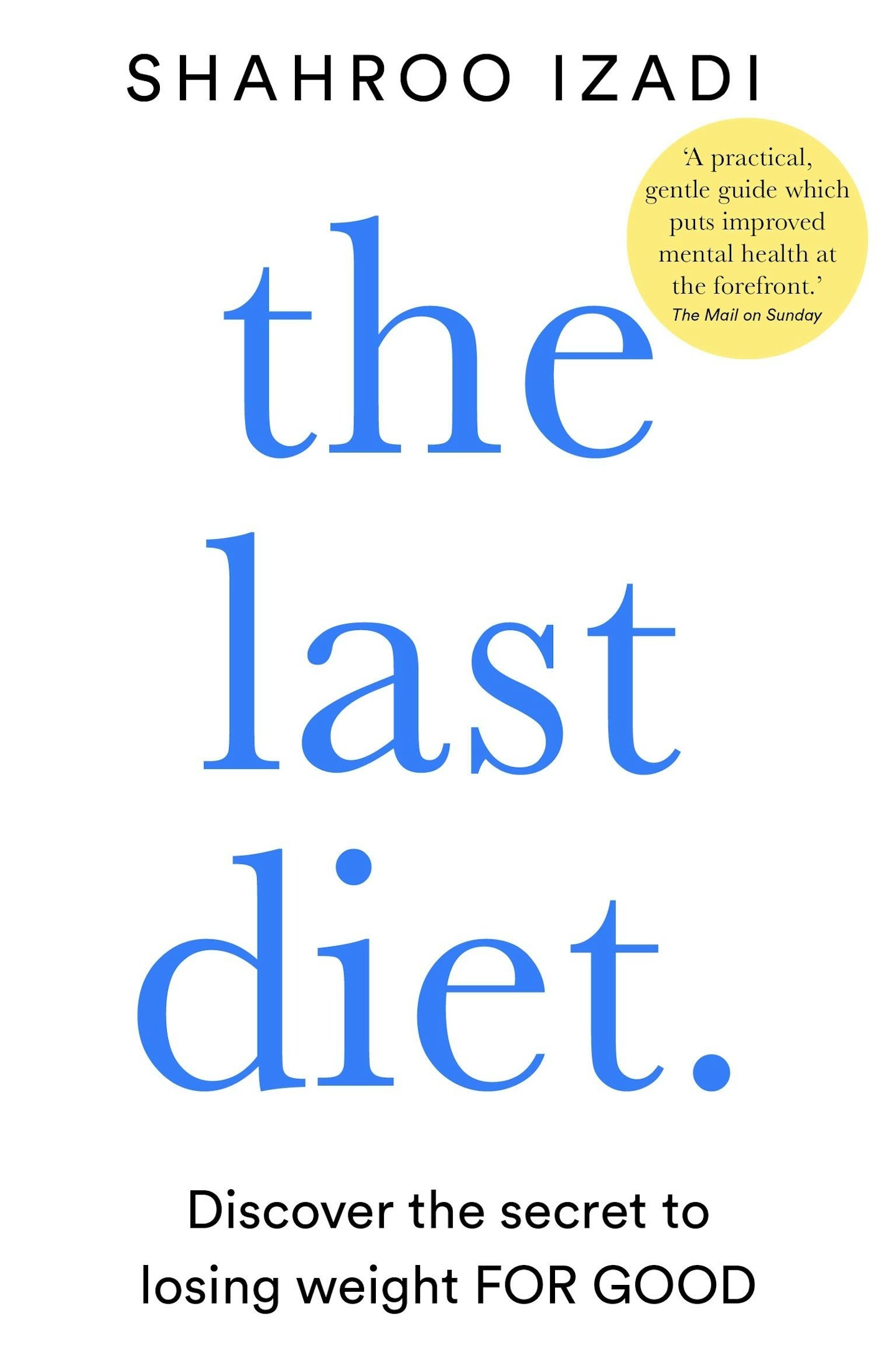 7 of 33
7 of 33The Last Diet: Discover the Secret to Losing Weight – For Good, by Shahroo Izadi
The Kindness Method author Shahroo brings her professional experience of working in addiction, and her personal experience of struggling with her own weight and body image, together in this groundbreaking book, now out in paperback.
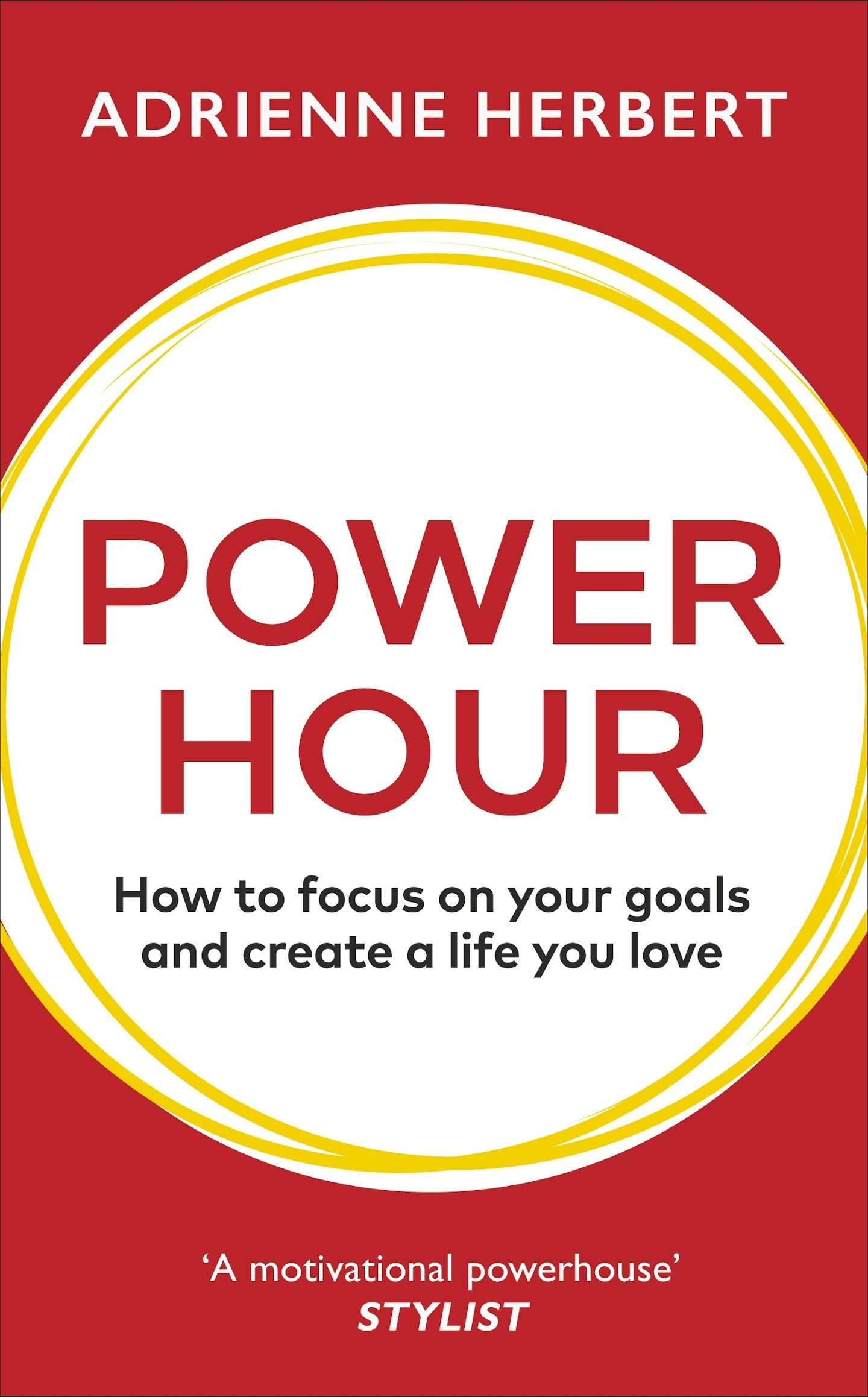 8 of 33
8 of 33Power Hour: How to Focus on Your Goals and Create a Life You Love, by Adrienne Herbert
The inspirational powerhouse that is Adrienne Herbert shows you how to change your life, in just one hour a day.
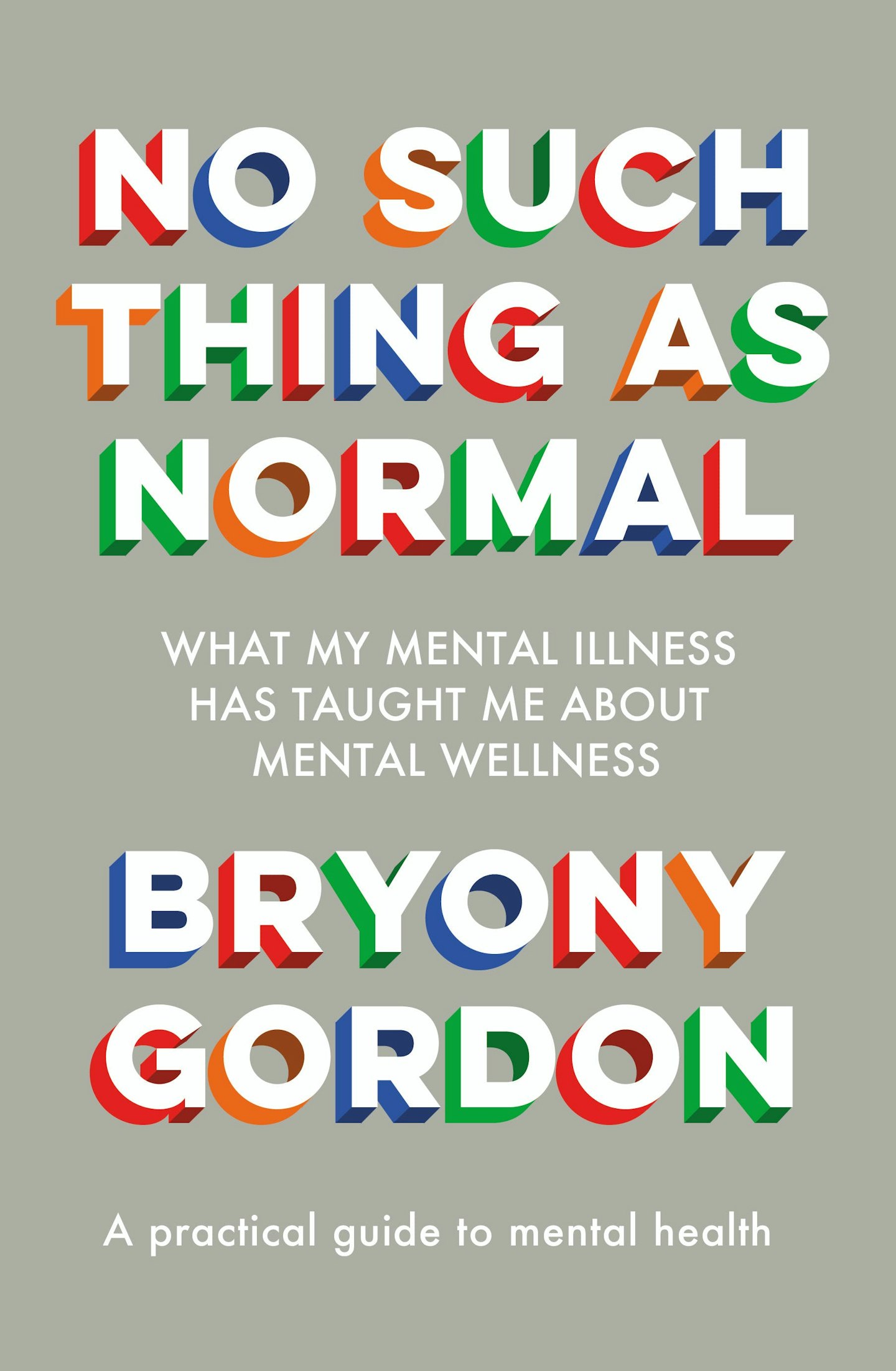 9 of 33
9 of 33No Such Thing as Normal: What my mental illness has taught me about mental wellness, by Bryony Gordon
Journalist, author and founder of Mental Health Mates, Bryony Gordon brings her familiar voice to this practical book, featuring all the tools she has learned to use along her mental health journey.
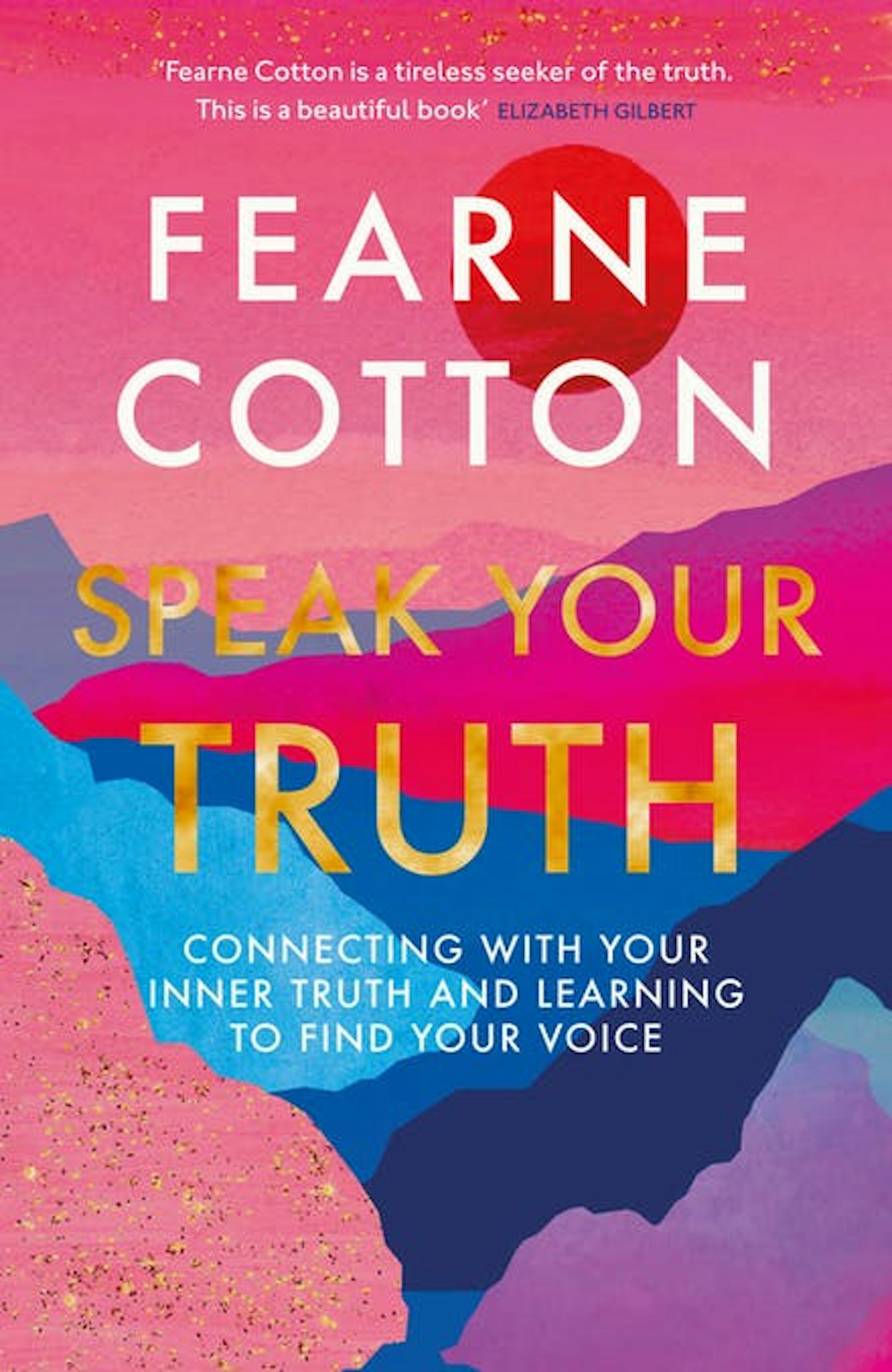 10 of 33
10 of 33Speak Your Truth: Connecting with your inner truth and learning to find your voice, by Fearne Cotton
This bravely personal book may tell Fearne's own story of finding her voice, but it will be relatable to anyone who has ever kept quiet in order to please others – and will encourage you to speak out in your own unique, authentic way.
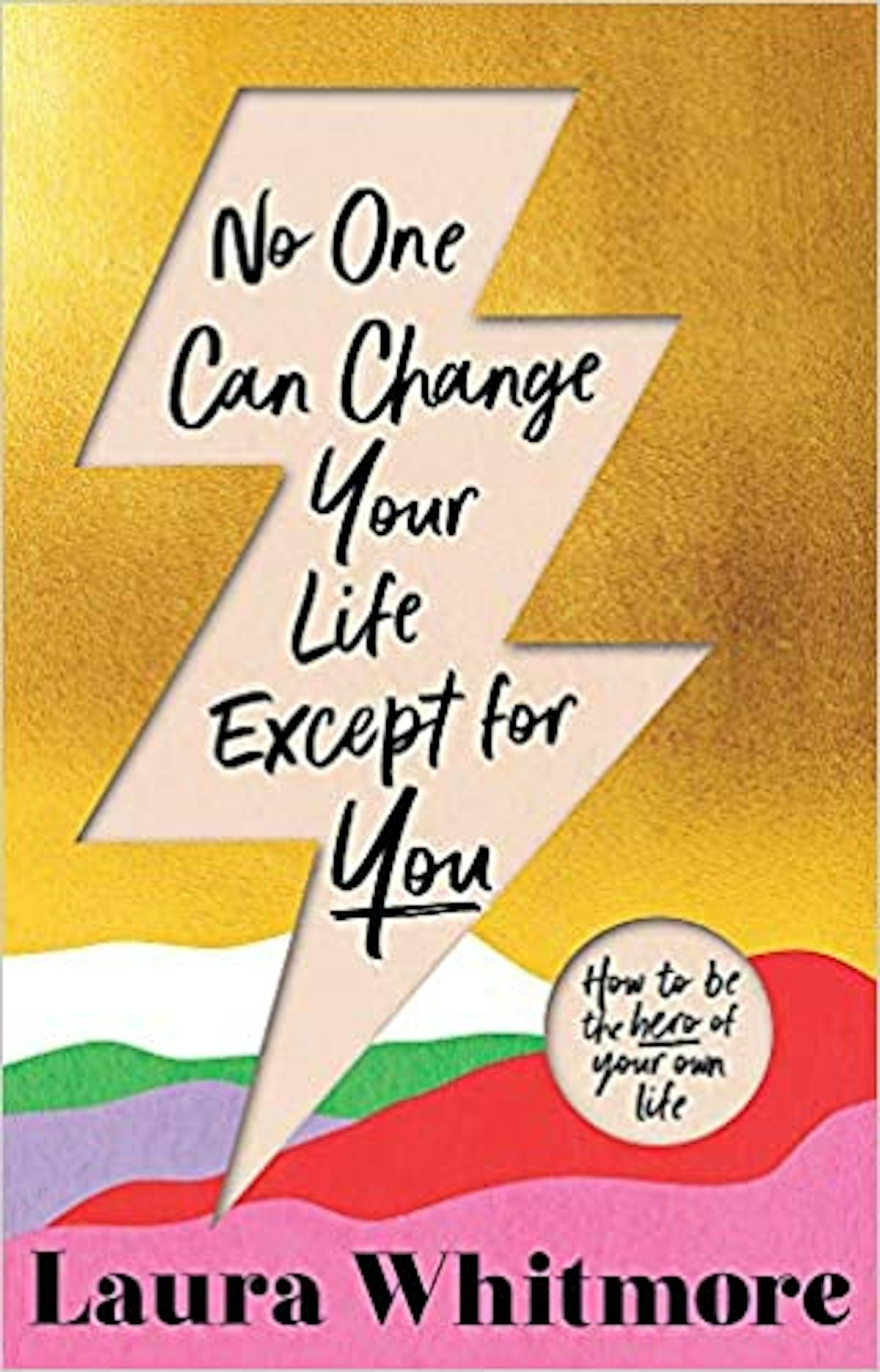 11 of 33
11 of 33No One Can Change Your Life Except For You, by Laura Whitmore
TV presenter, radio broadcaster, actress, filmmaker and now author – is there anything Laura Whitmore can't do? This inspiring book is part-memoir and part-manifesto for finding success through optimism and self-belief.
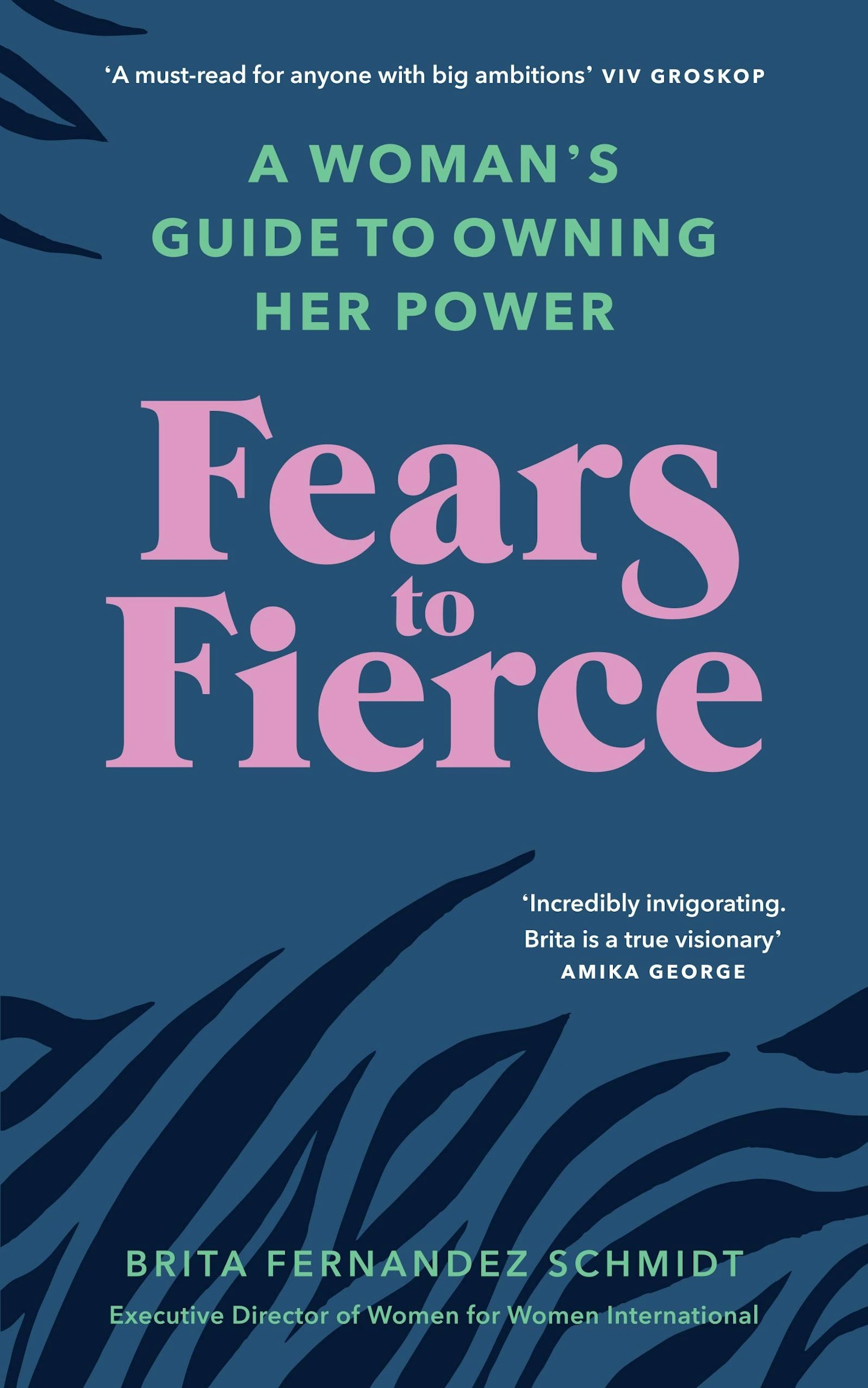 12 of 33
12 of 33Fears to Fierce: A Woman’s Guide to Owning Her Power, by Brita Fernandez Schmidt
With a foreword by Gillian Anderson, this empowering read from the co-founder of Women For Women International is all about finding your meaning, owning your power and transforming your world.
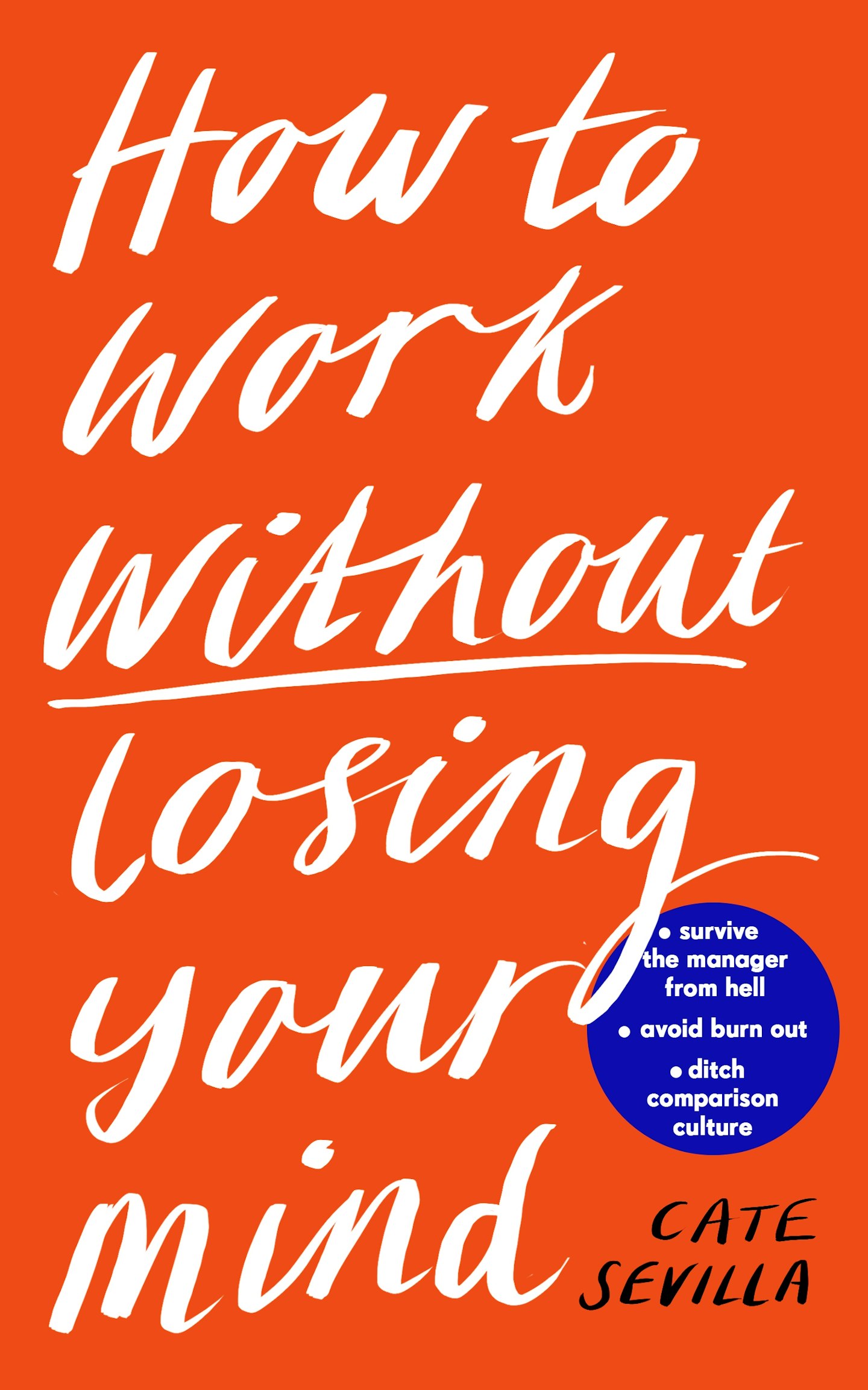 13 of 33
13 of 33Cate Sevilla - How to Work Without Losing Your Mind: A Realistic Guide to the Hell of Modern Work, by Cate Sevilla
Work situation changed in 2020? Whether you're struggling with wfh, coping with the fallout from redundancy or simply reassessing your values and looking for a career change, this is the book for you.
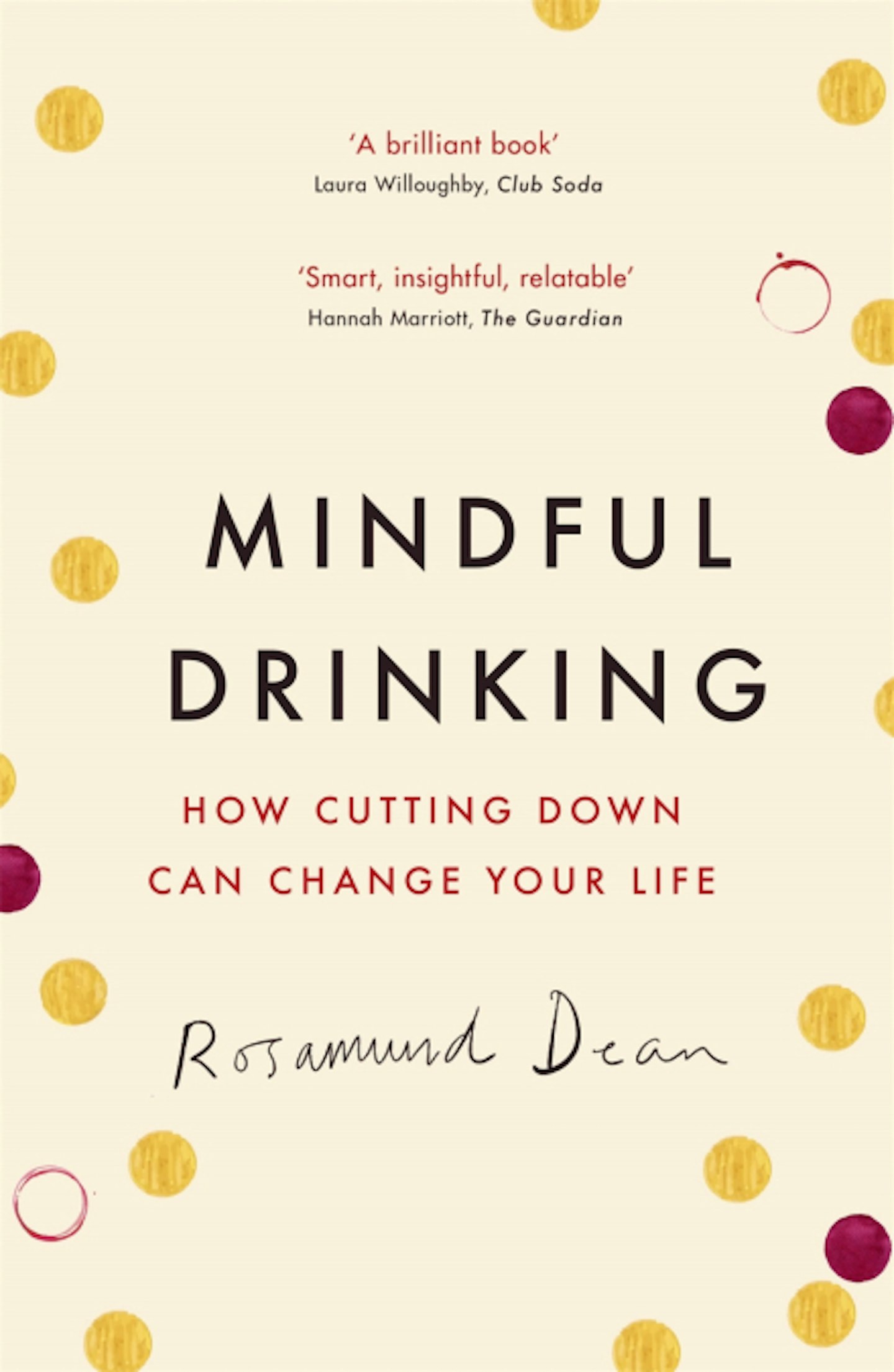 14 of 33
14 of 33Mindful Drinking: How Cutting Down Can Change Your Life, by Rosamund Dean
Be happier, healthier and more productive with Rosamund Dean's simple strategy to drink less and enjoy life more.
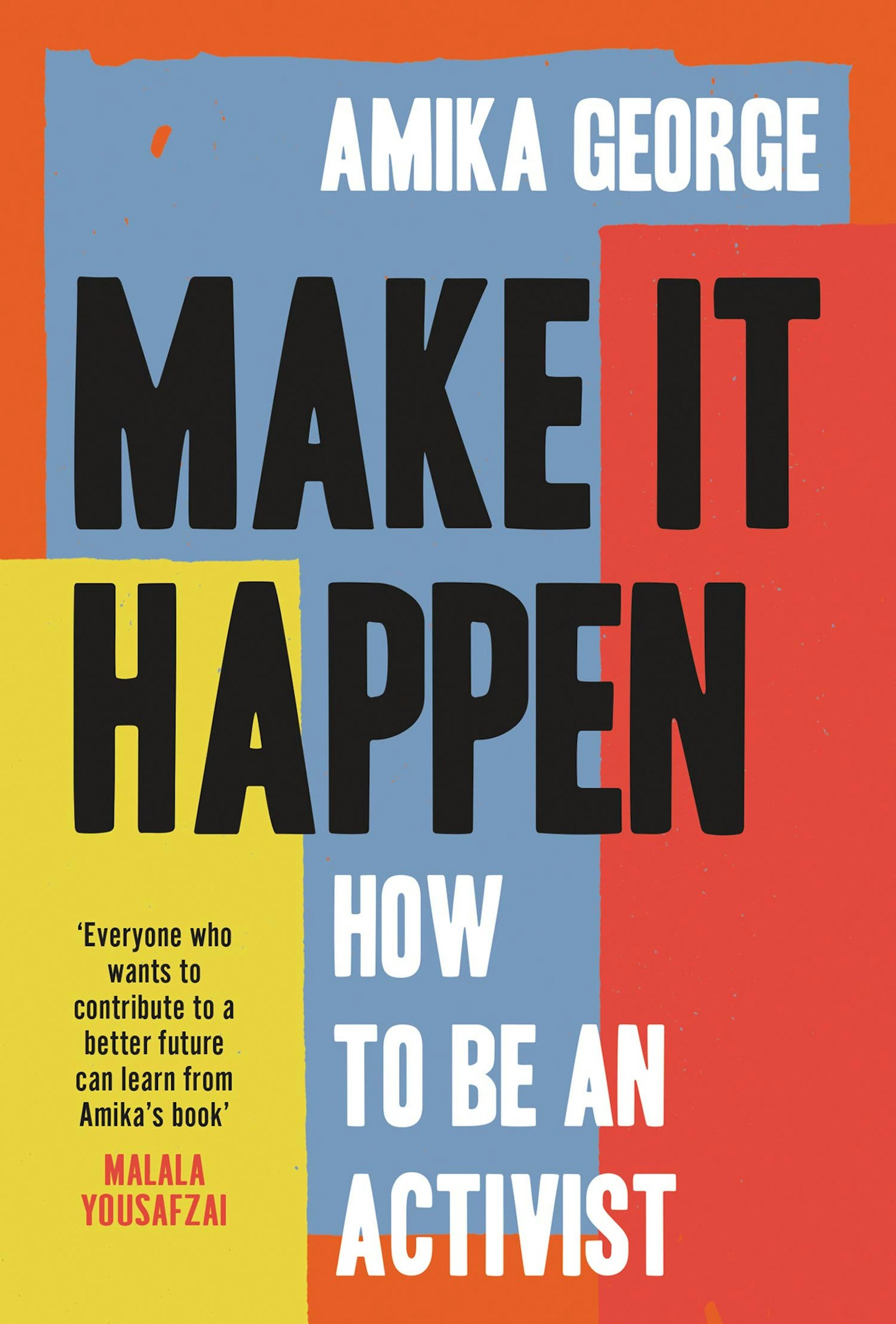 15 of 33
15 of 33Make it Happen: How to be an Activist, by Amika George
Amika George was just a teenager when she launched a global campaign against period poverty from her bedroom. In this inspiring read, she talks to Caroline Criado-Perez, Deborah Frances-White, Adwoa Aboah and Scarlett Curtis about activism in 2021.
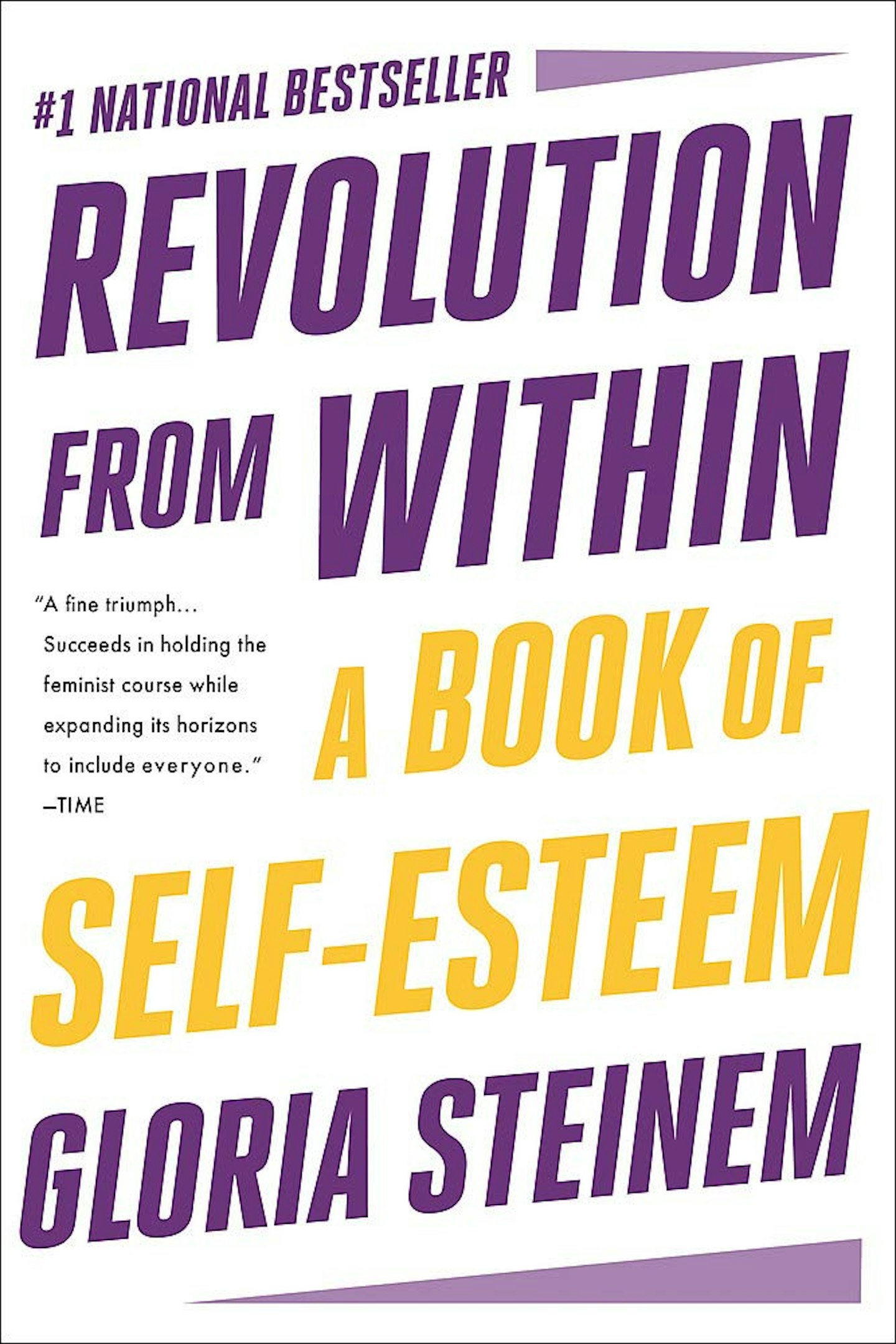 16 of 33
16 of 33Revolution from Within: A Book of Self-Esteem, by Gloria Steinem
A new edition of the classic confidence builder from legendary feminist activist Gloria Steinem.
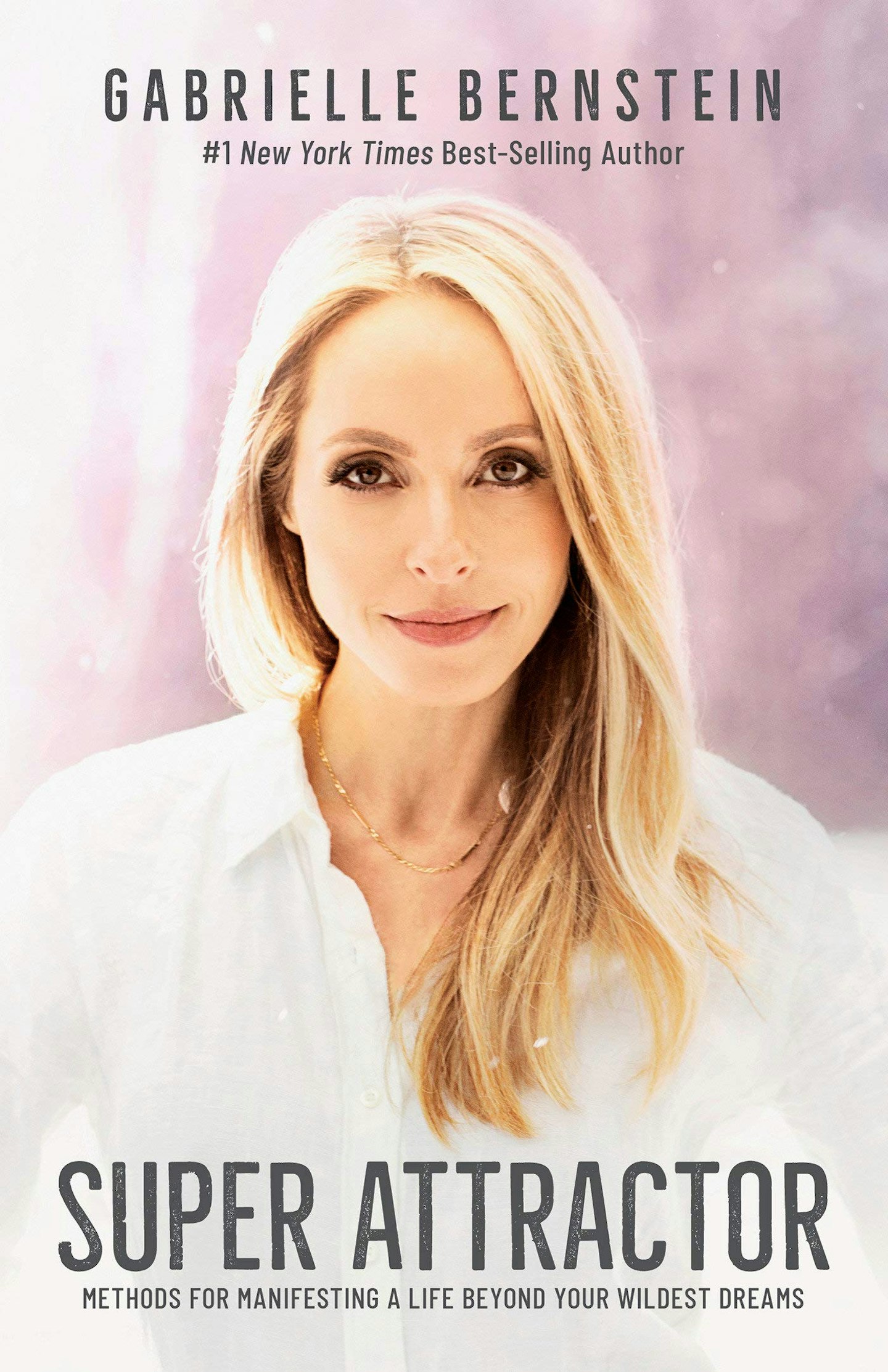 17 of 33
17 of 33Super Attractor: Methods for Manifesting a Life beyond Your Wildest Dreams, by Gabrielle Bernstein
Gabrielle Bernstein makes miracles happen, but don't just take our word for it. 'A brilliant book that helped me out during lockdown,' says Fearne Cotton. 'Oh my god, it's game-changing!'
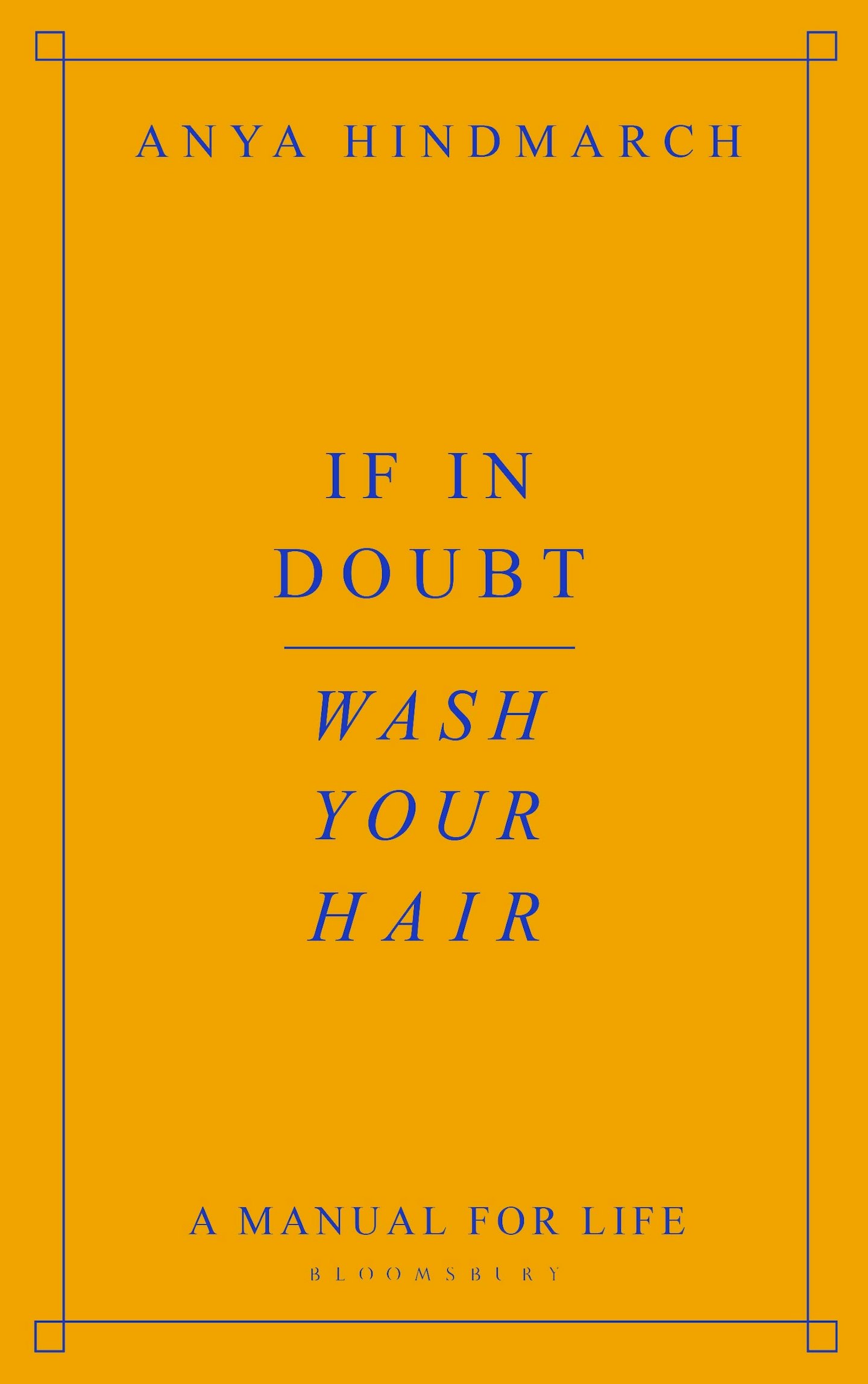 18 of 33
18 of 33If In Doubt, Wash Your Hair: A Manual for Life by Anya Hindmarch
Anya is a mother of five, stepmother and successful businesswoman. Through her words she shares everything she has learnt in her colourful life. From practical tips and quick fixes, to profound observations about confidence and creativity. This handbook will show you how to live a little better - and yes sometimes simply washing your hair is the answer.
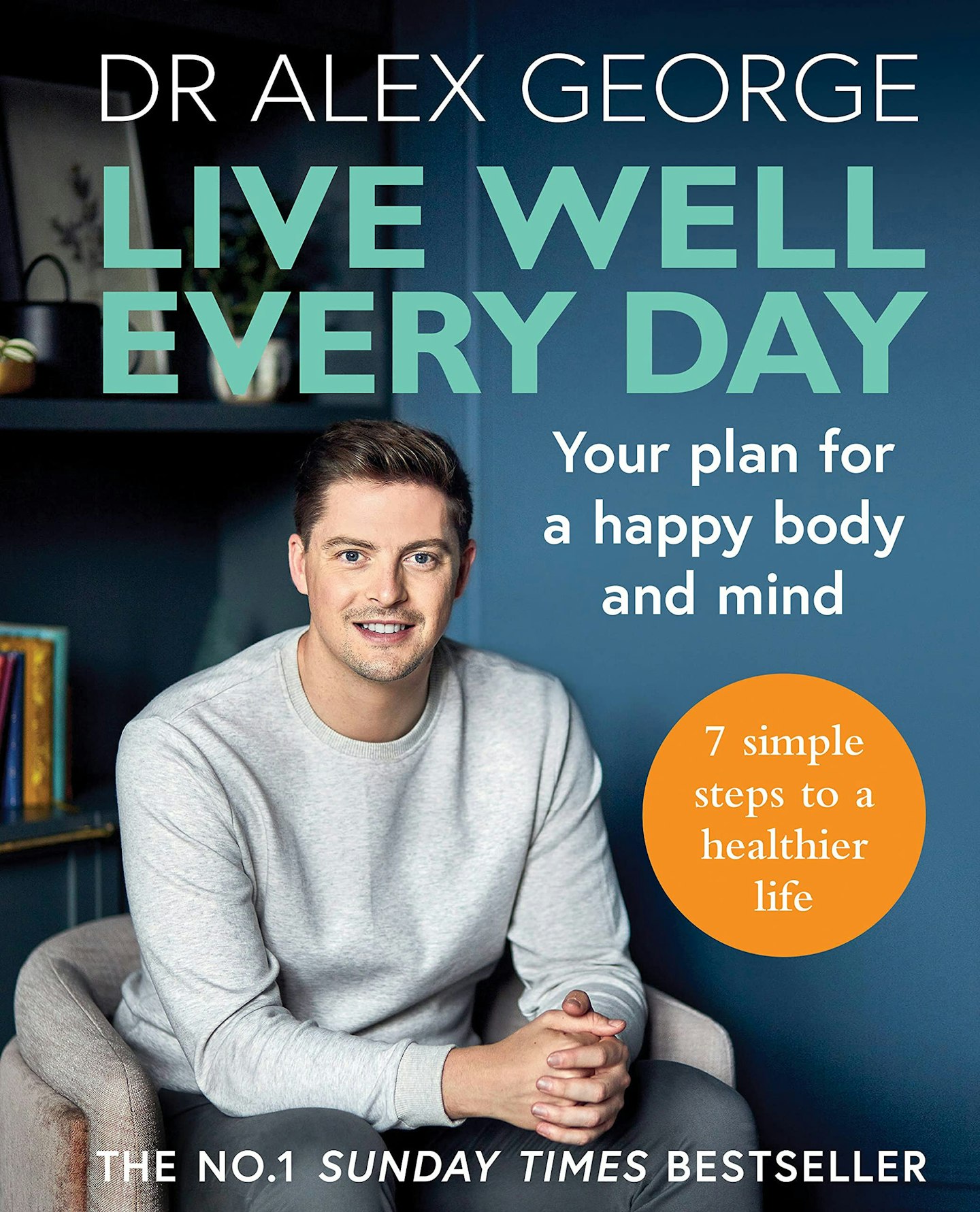 19 of 33
19 of 33Live Well Every Day: Your Plan For A Happy Body and Mind by Dr Alex George
The former Love Island Star and A&E doctor reflects on his experiences - from working on the wards during the pandemic to living in the spotlight to inform readers on mental health. This self help book empowers readers though advice on how people can power though tough moments and remain mentally strong.
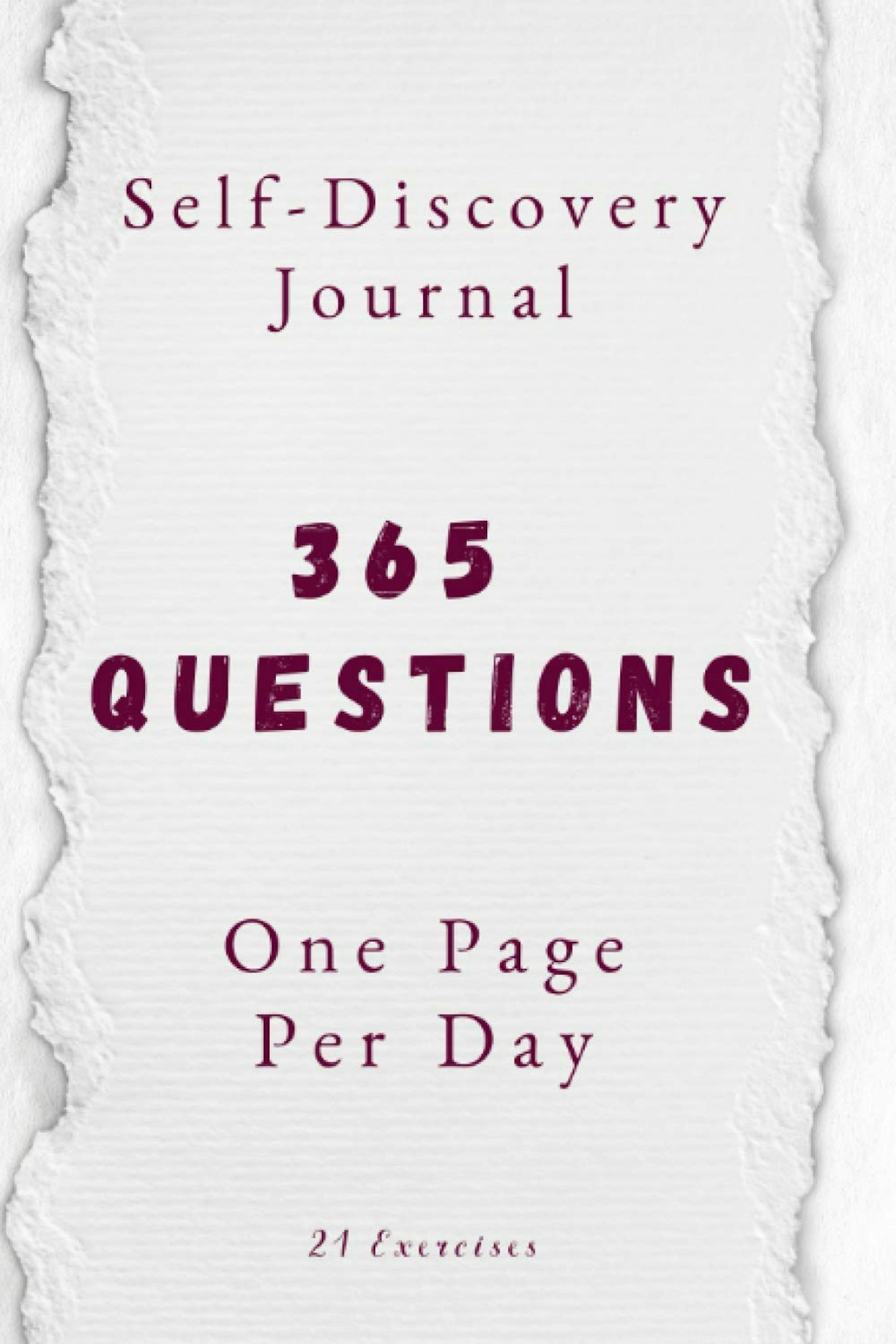 20 of 33
20 of 33365 Questions, One Page Per Day : A One Year Self-Discovery Journal by 21 Exercises
This journal allows you to have the power and create your own self- help guide. With plenty of lined pages and thoughtful writing prompts this journal will enable you to become more clear in your thinking, reduce stress and anxiety. This is ideal for anyone who wants to make personal growth a simple & successful daily habit.
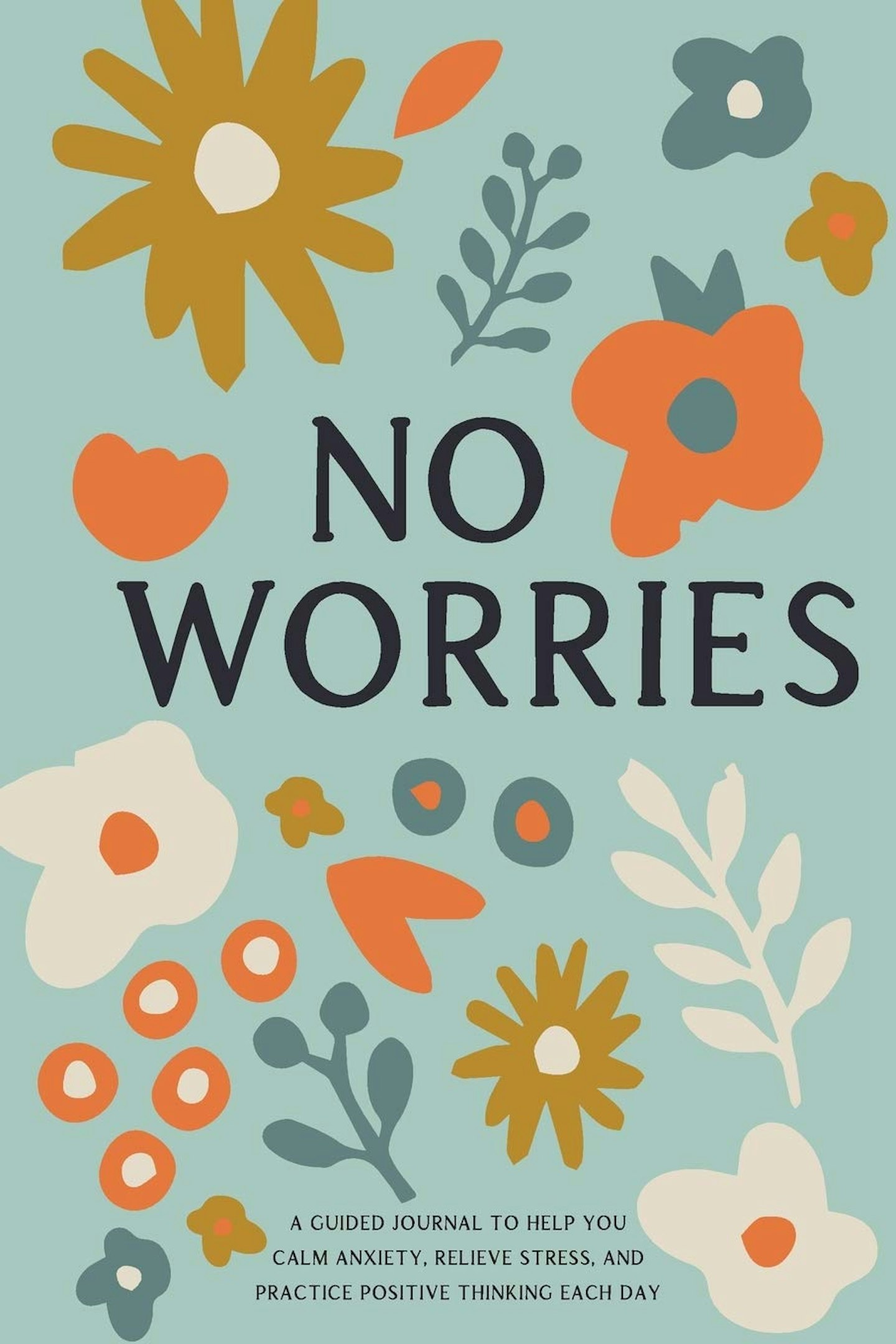 21 of 33
21 of 33No Worries by Bella Mente Press
No Worries is a 12- week anxiety and self care journal that will help you structure everything that is on your mind. This will help you thoughtfully manage your worries before they spiral out of control.
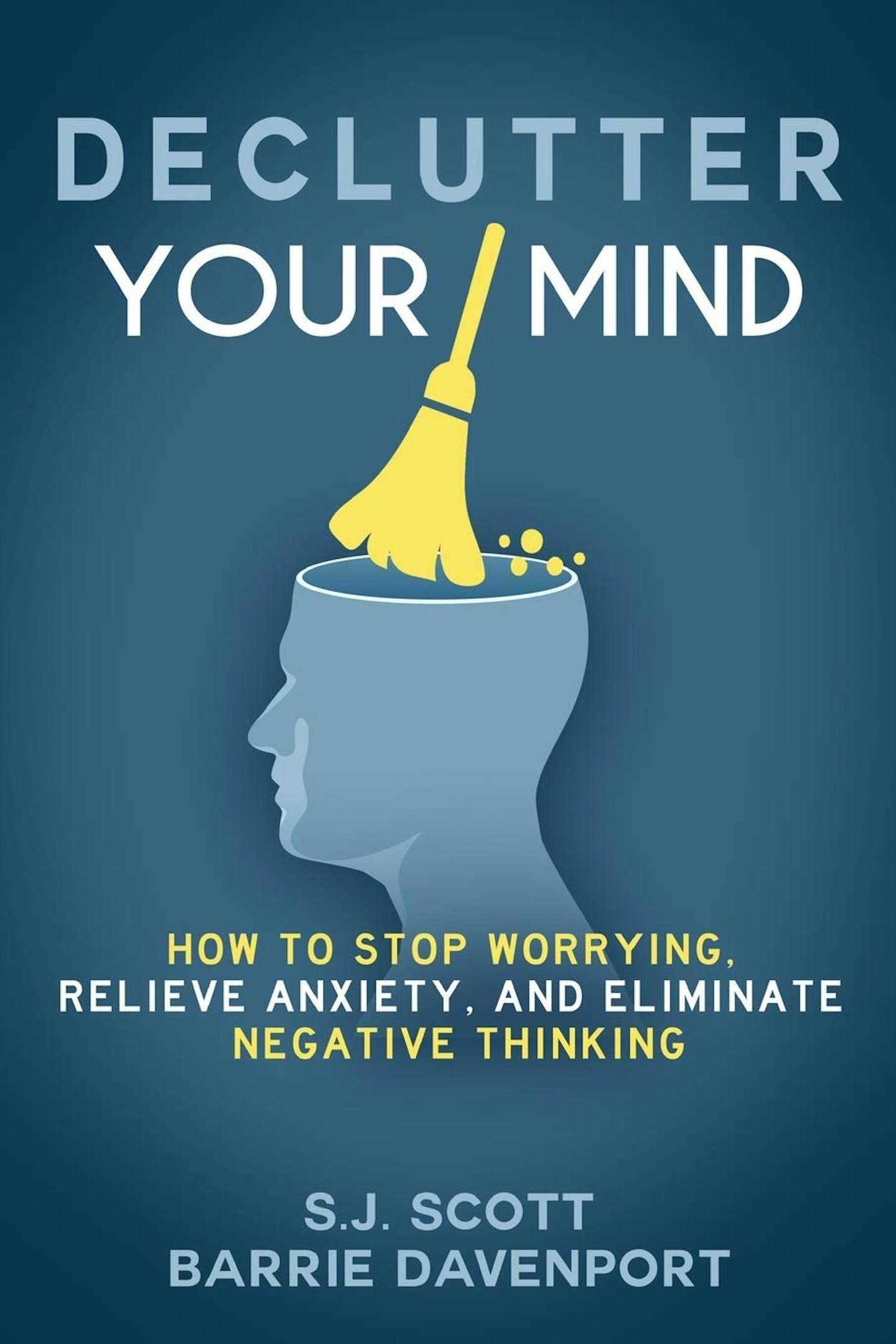 22 of 33
22 of 33Declutter Your Mind: How to Stop Worrying,Relieve Anxiety and Eliminate Negative Thinking by S.J.Scott and Barrie Davenport
How To Declutter Your Mind teaches readers specific mindfulness techniques and habits, to create more "space" in your mind to enjoy peace and happiness. You will take away excercises that will have an immediate and lasting effect on your mental health and mindset.
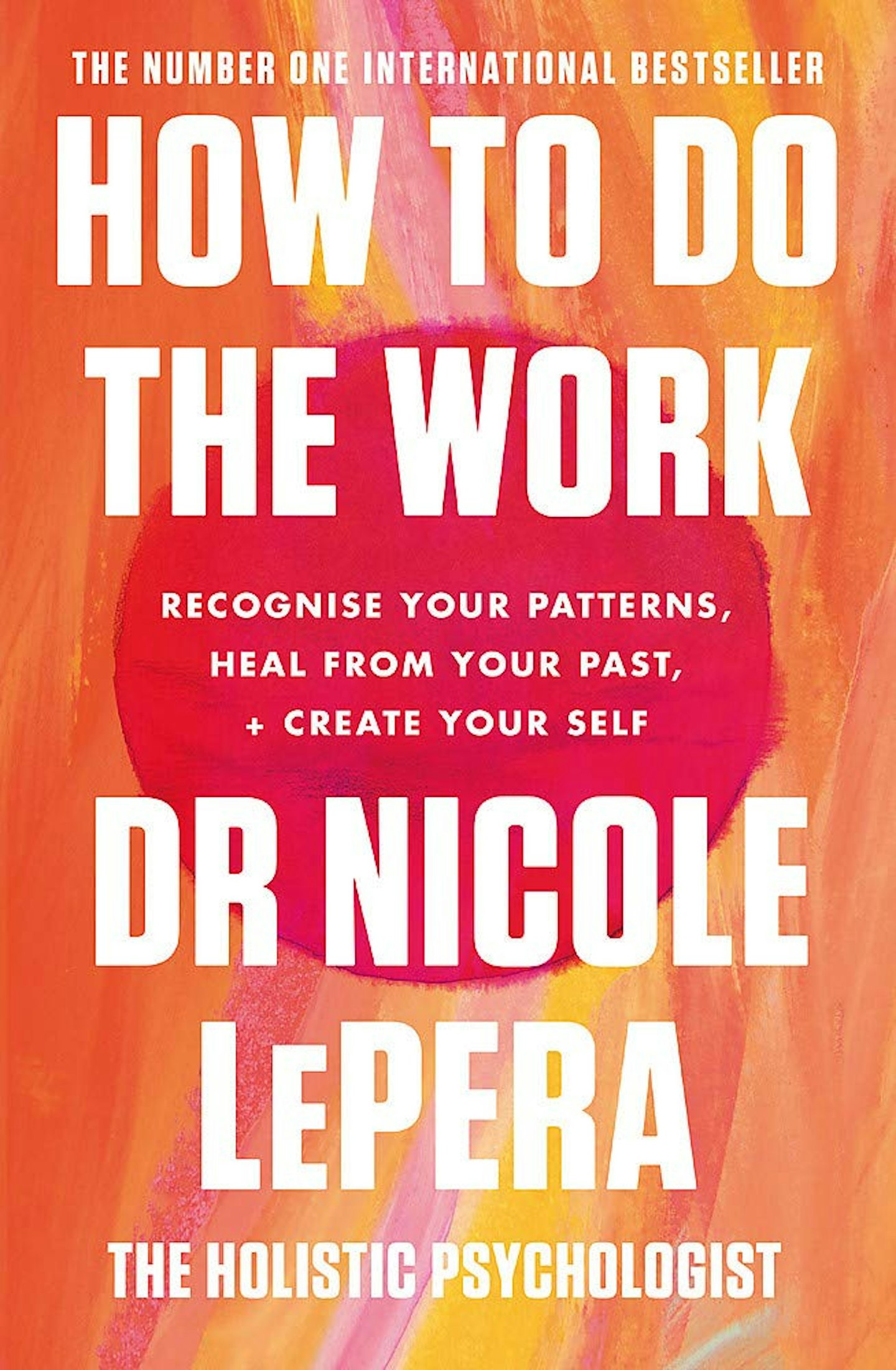 23 of 33
23 of 33How To Do The Work by Dr Nicole LePera
Clinical Psychologist, Dr Nicole LePera offers an essential guide to self healing and creating a more joyful life. Drawing from both scientific research and healing modalities, Dr LePera helps readers overcome trauma and destructive behaviours to reclaim their lives.
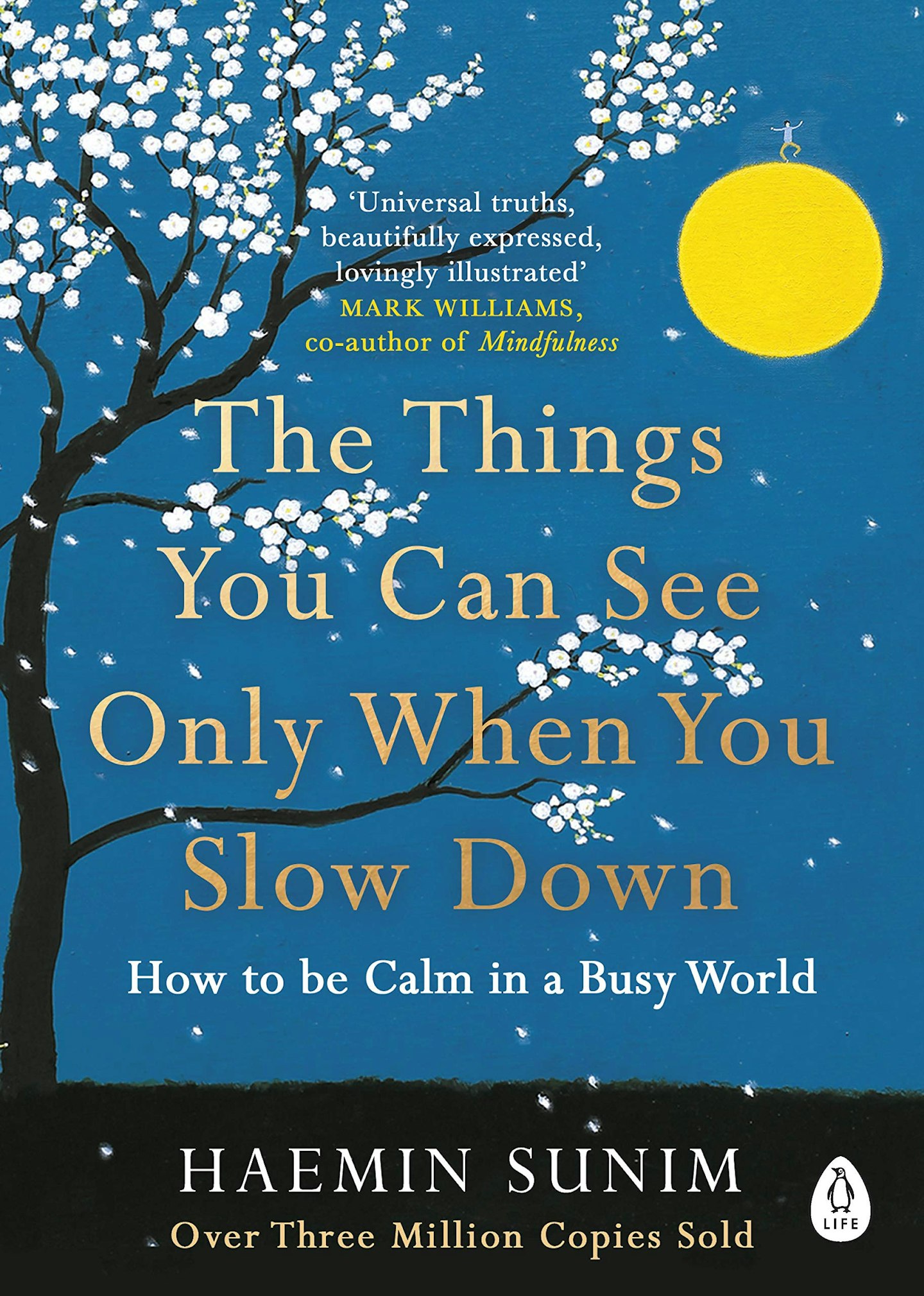 24 of 33
24 of 33The Things You Can Only See When You Slow Down by Haemin Sunim
In a fast moving world, The Things You Can Only See When You Slow Down provides a relief. In this timely guide to mindfulness, Haemin Sunim, a Buddhist monk dives into dealing with rest and relations and handling setbacks. A mixture of his teachings and calming illustrations remind us of the strength that comes from slowing down.
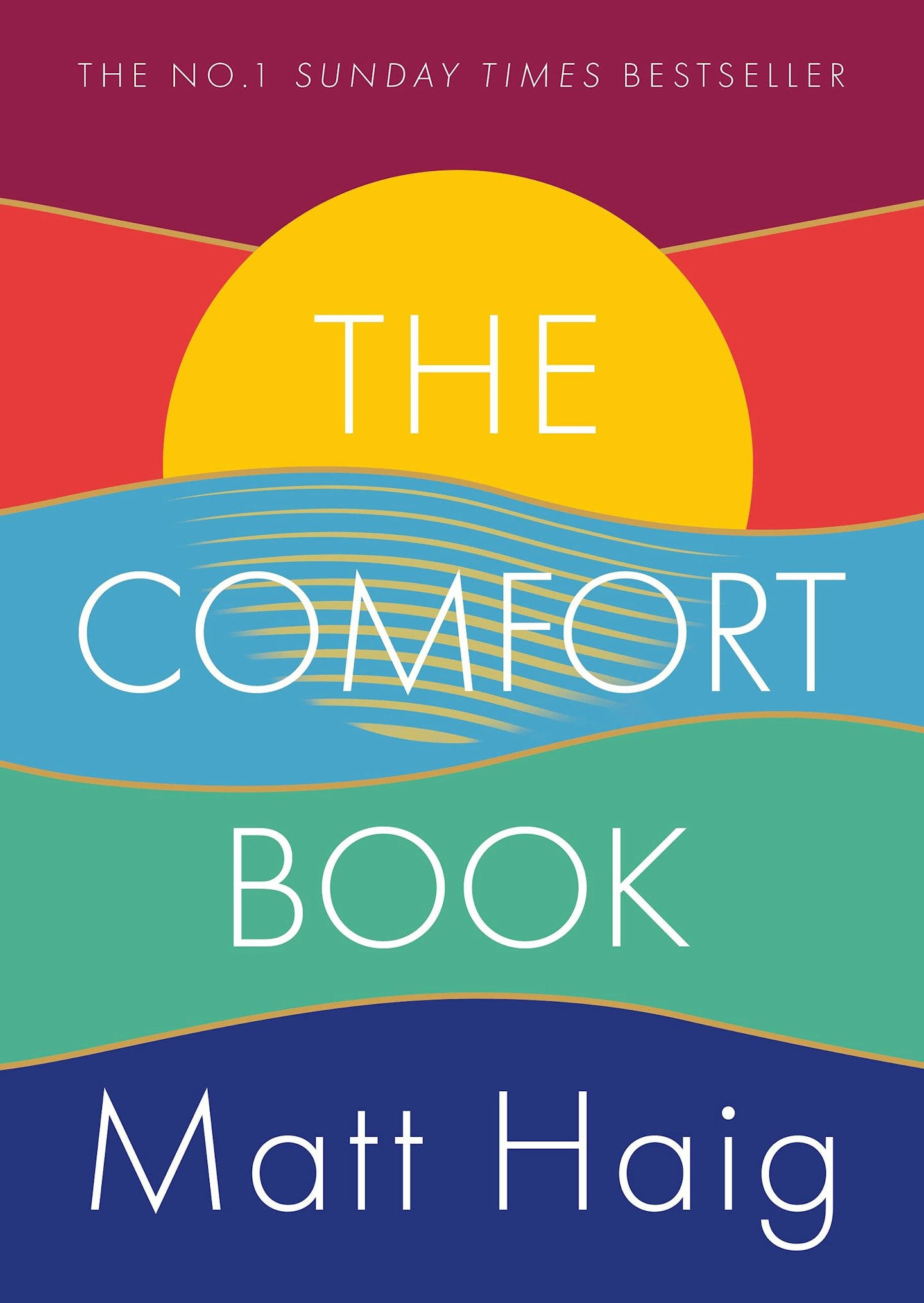 25 of 33
25 of 33The Comfort Book by Matt Haig
The instant No.1 best seller is a collection of consolations learned in hard times, and suggestions for making the bad days better. This is a book for when we need a friend, a listening ear or just a reminder of hope.
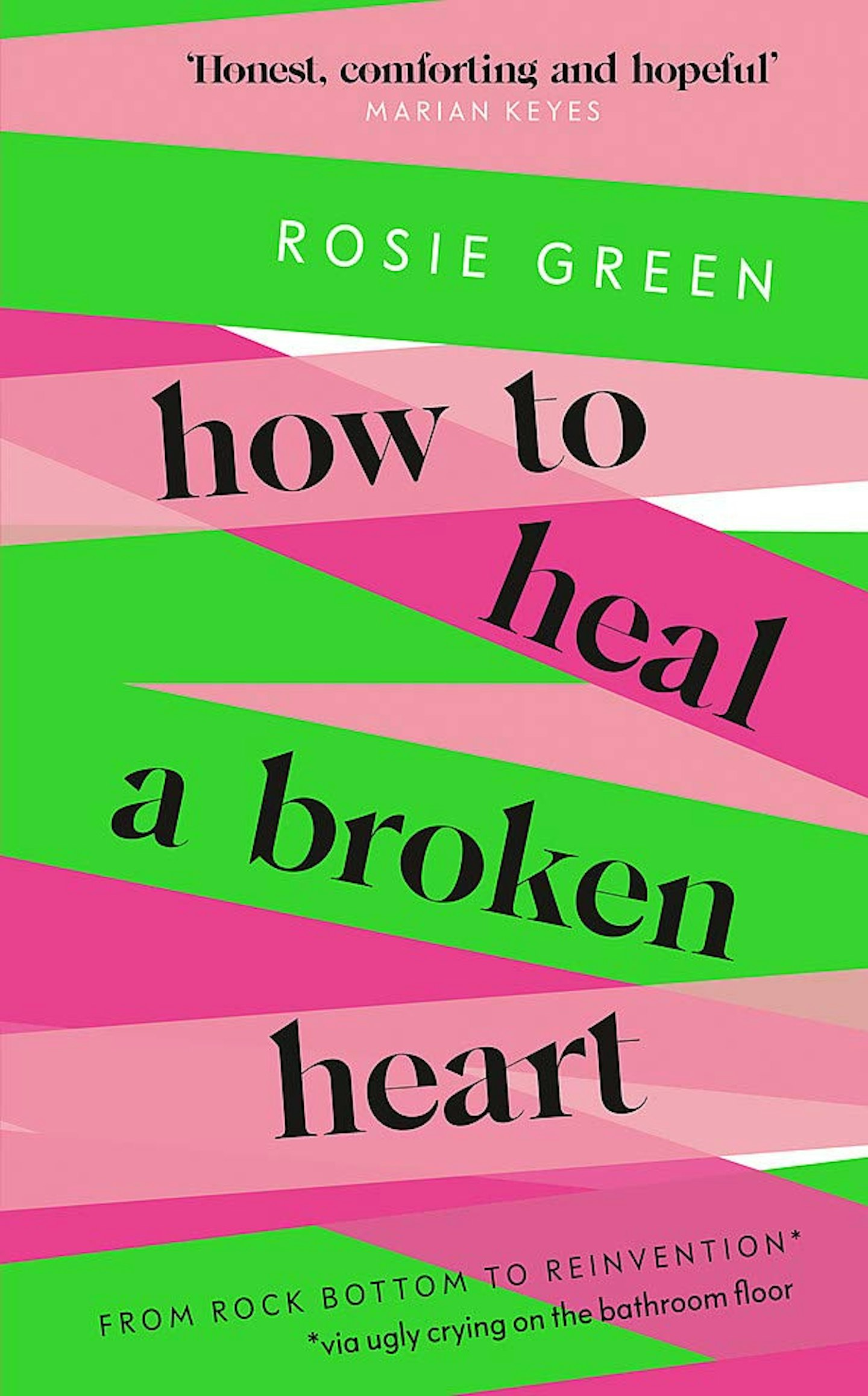 26 of 33
26 of 33How To Heal A Broken Heart by Rosie Green
How To Heal A Broken Heart gives a refreshingly honest take on heartbreak. When Rosie Green's husband leaves her after 26 years together she never thought she would get over it. But she did- and so can you. This bold, witty and insightful handbook dives into how you can heal faster, understand yourself better and move on.
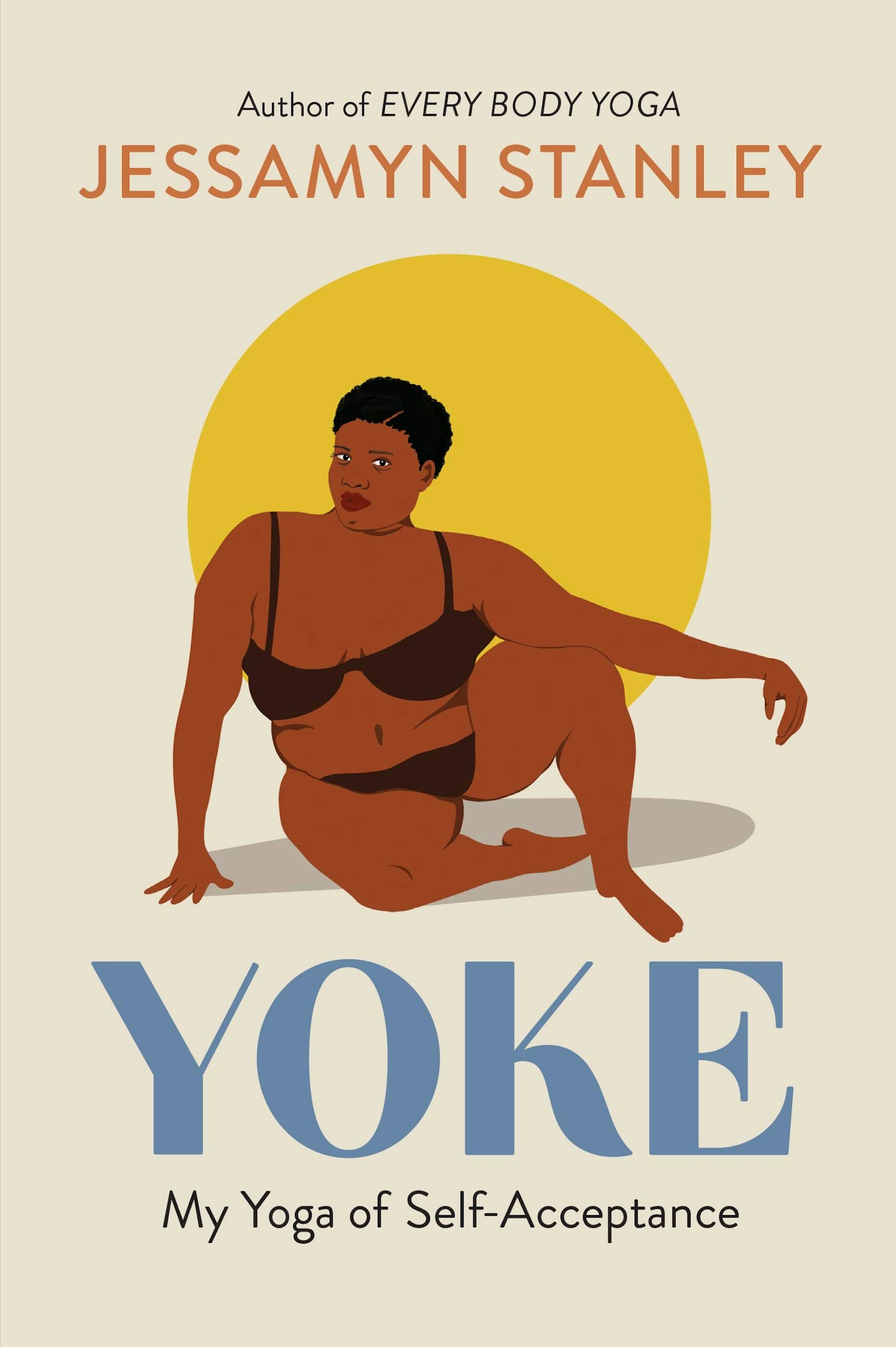 27 of 33
27 of 33Yoke: My Yoga of Self-Acceptance by Jessamyn Stanley
Yoke is about finding acceptance within yourself both on and off the Yoga mat. Jessamyn Stanley calls on a larger idea on the yoga of everyday life. In a series of deeply honest, funny autobiographical essays, Jessamyn explores everything from imposter syndrome to loving yourself, all through the lens of yoke.
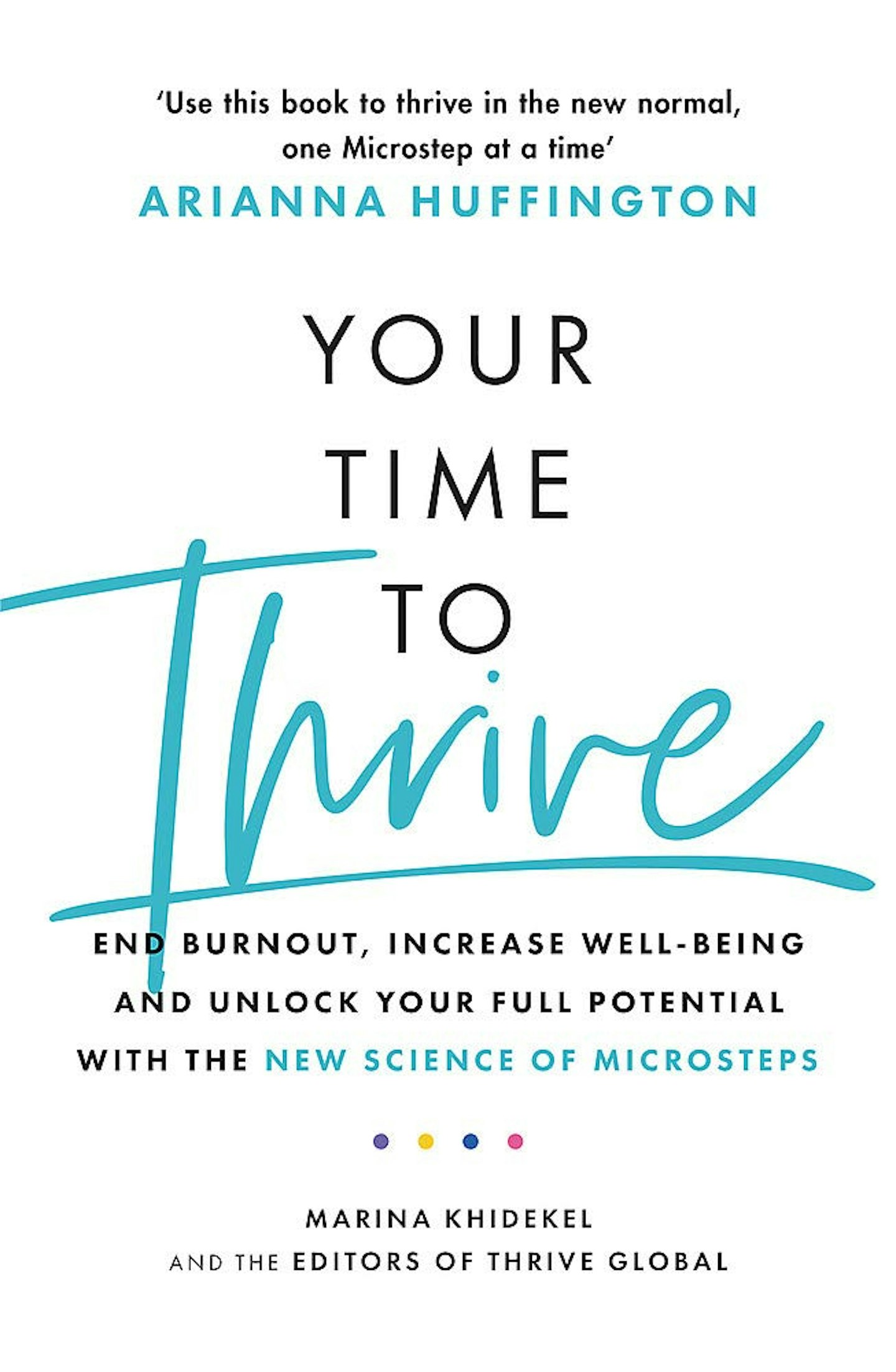 28 of 33
28 of 33Your Time to Thrive by Marina Khidekel
A guide to help readers build new habits that improve their lives for the better and allow them to thrive. Time to Thrive suggests exercises based on Microsteps - tiny, science-backed changes. By making them too-small-to fail, we can incorporate them into our daily lives right away, and begin building healthier ways of living and working.
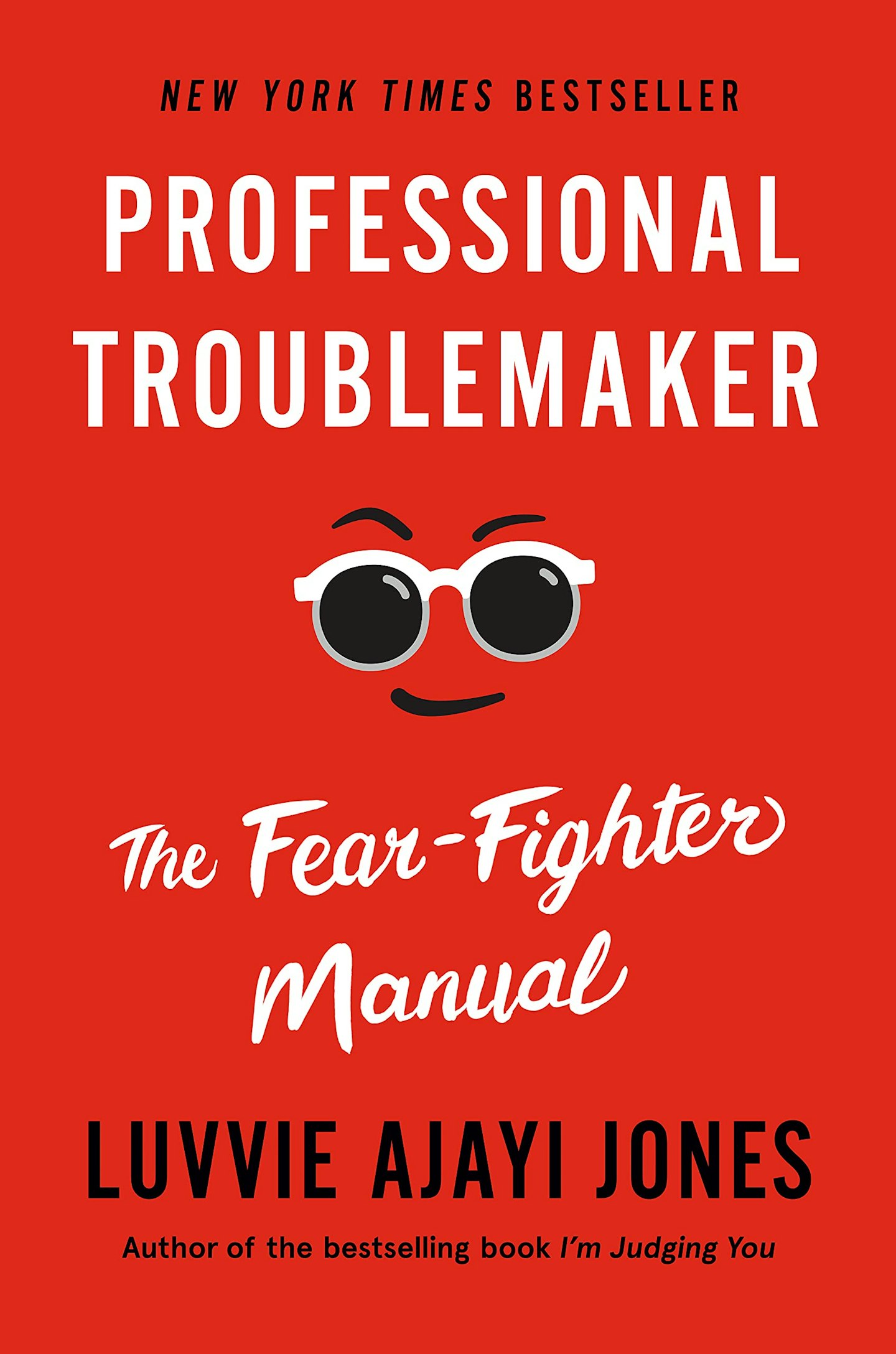 29 of 33
29 of 33The Fear-Fighter Manual: Professional Troublemaker by Luvvie Ajayi Jones
Luvvie is a Nigerian author, speaker and digital strategist. This New-York Times best seller is about how to live boldly in spite of all the reasons we have to cower. Prepare for humour, perpetual truth telling and warmth as Luvvie walks us through what we must get right within ourselves before we can do the things that scare us.
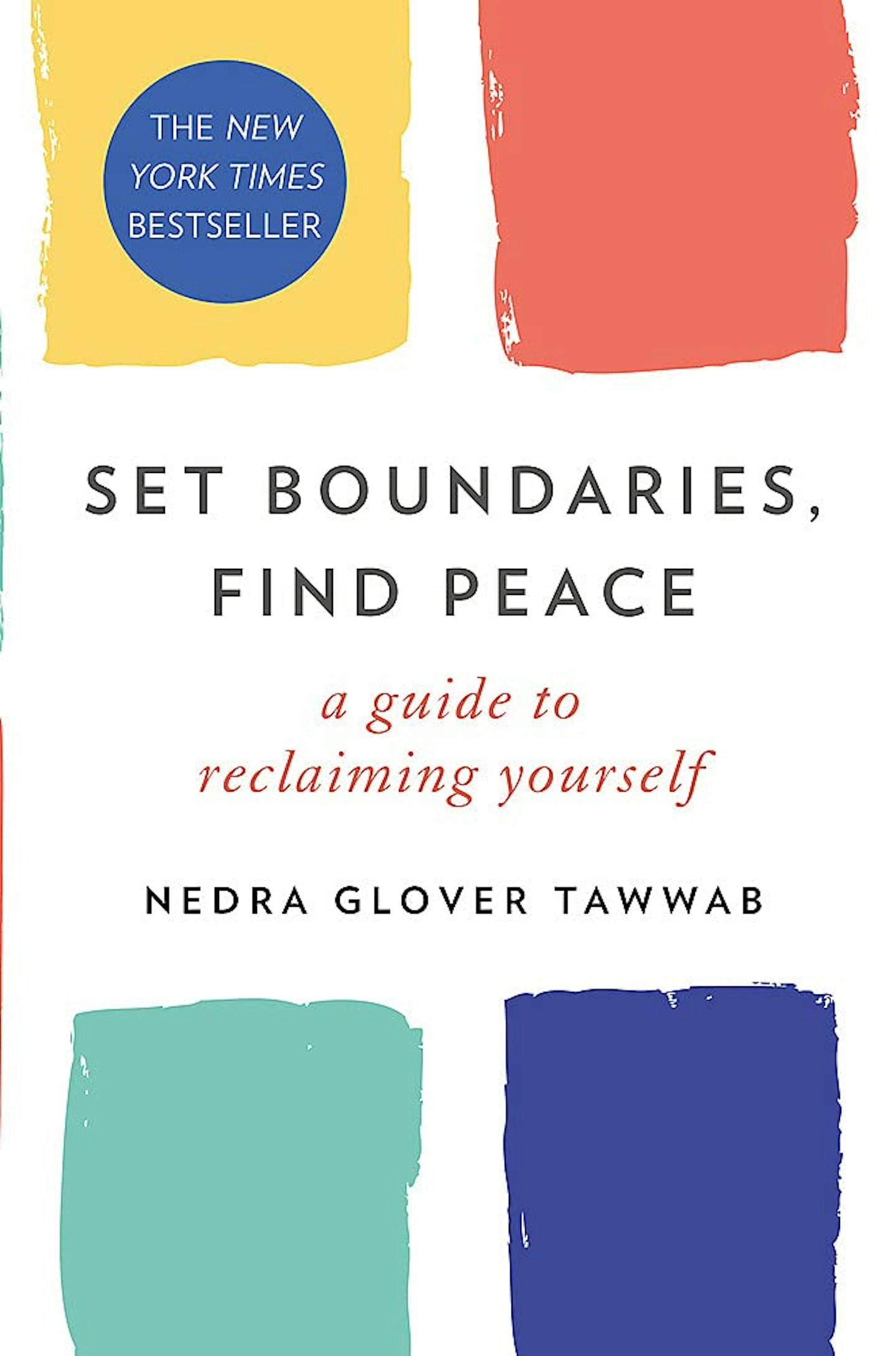 30 of 33
30 of 33Set Boundaries, Find Peace : A Guide To Reclaiming Yourself by Nedra Glover Tawwab
Set Boundaries, Find Peace presents simple-yet-powerful ways to establish healthy boundaries in all aspects of life. Drawing on the latest research in Cognitive behavioural therapy (CBT) techniques - this guide helps us to search for the root of problems within codependency, power struggles, anxiety, depression and burnout.
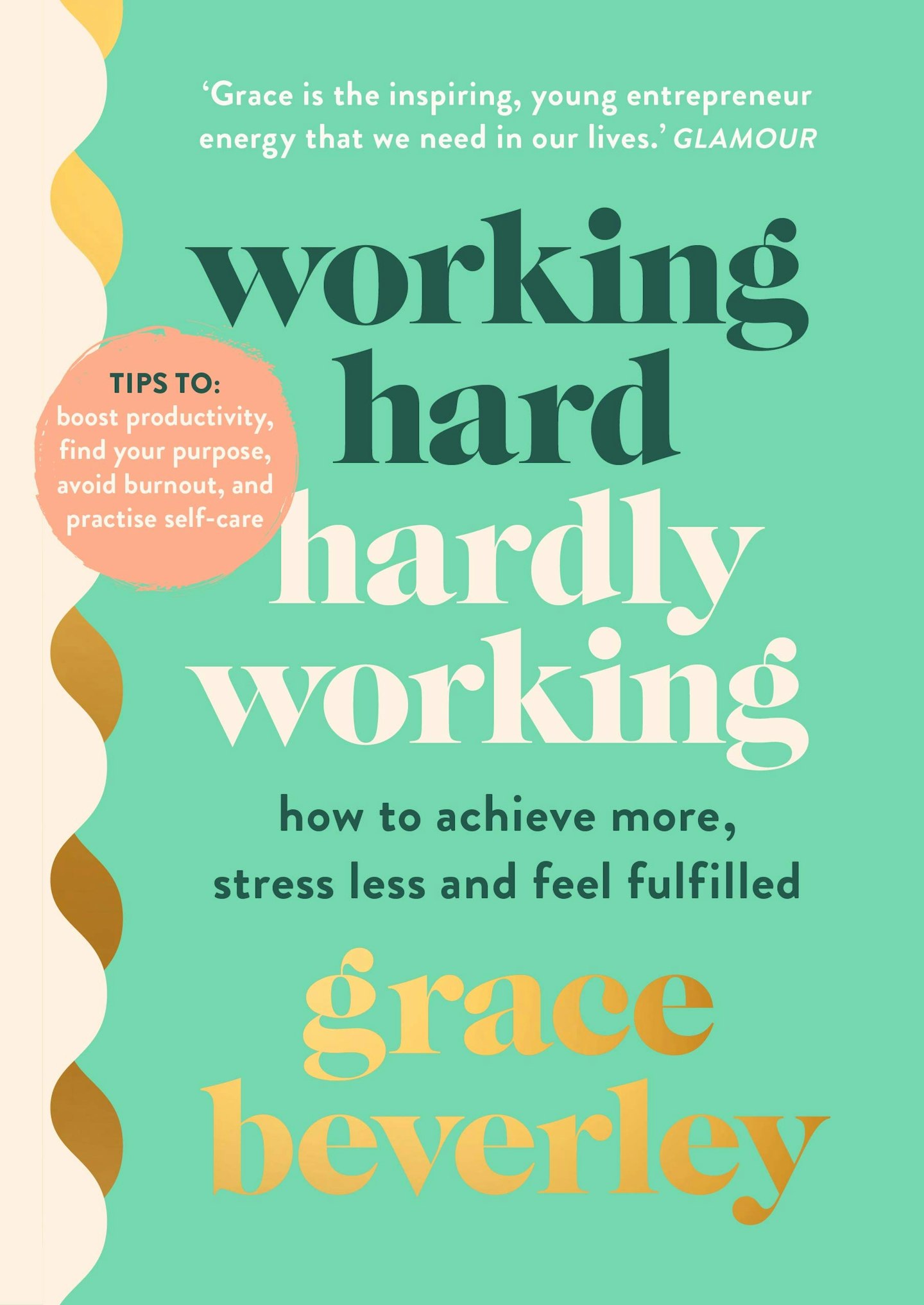 31 of 33
31 of 33Working Hard, Hardly Working by Grace Beverley
This past year especially, there has been a particular emphasis on working 24/7 while simultaneously being told we should relax and take care of ourselves. In today's complex working wold this can be hard to differentiate. Working Hard, Hardly Working, entrepreneur and self-proclaimed 'lazy workaholic' Grace Beverley challenges this unrealistic and unnecessary split, and offers a fresh take on how to create your own balance, be more productive and feel fulfilled.
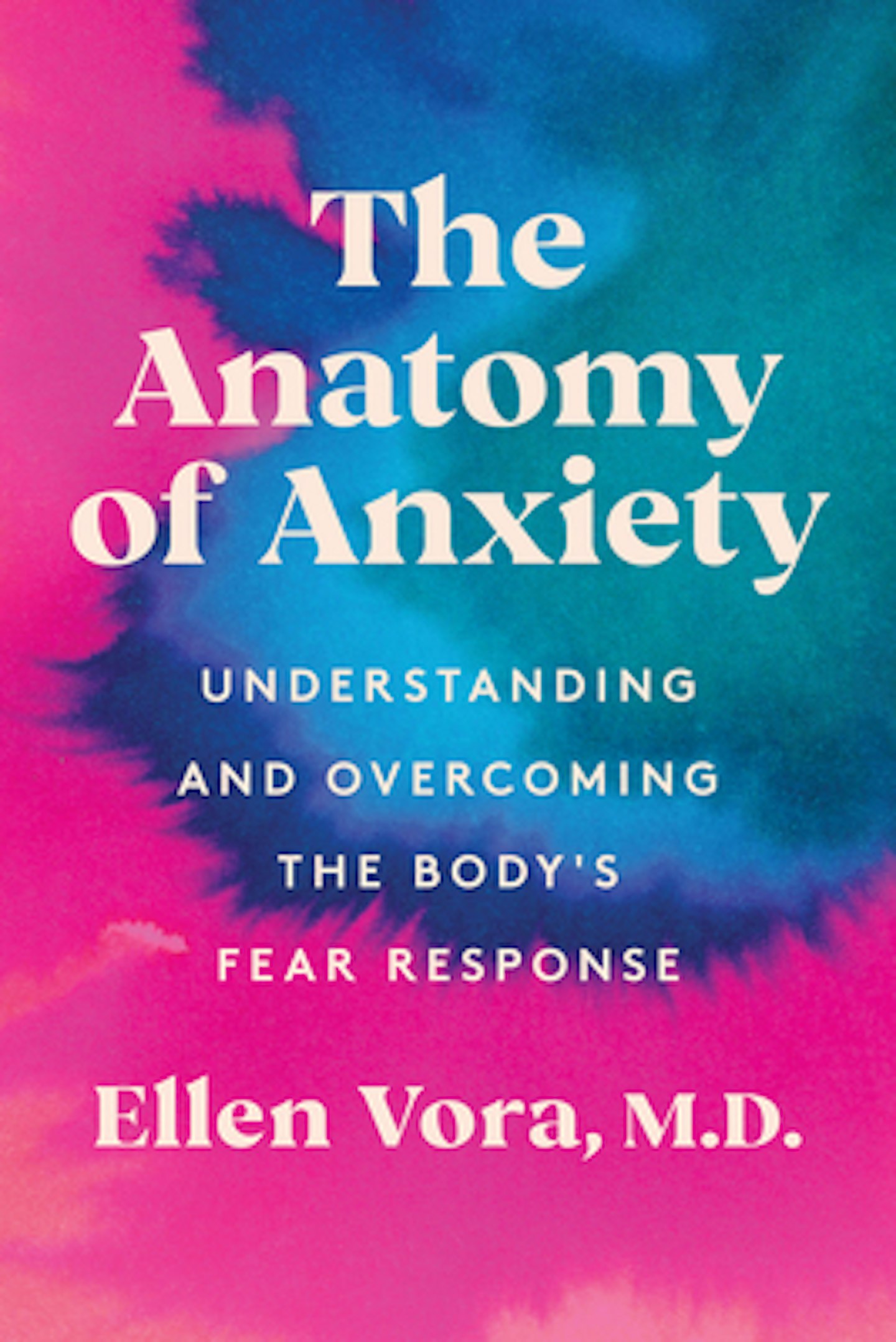 32 of 33
32 of 33The Anatomy Of Anxiety: Understanding And Overcoming The Body's Fear Response
Psychiatrist Dr Ellen Vora challenges the conventional view of anxiety as a mental disorder, suggesting instead that much of what we call anxiety begins in the body. Rather than our troubled thoughts creating physical symptoms, she argues that many types of anxiety are the result of states of imbalance in our bodies, whether blood sugar crashes, caffeine highs or sleep deprivation.
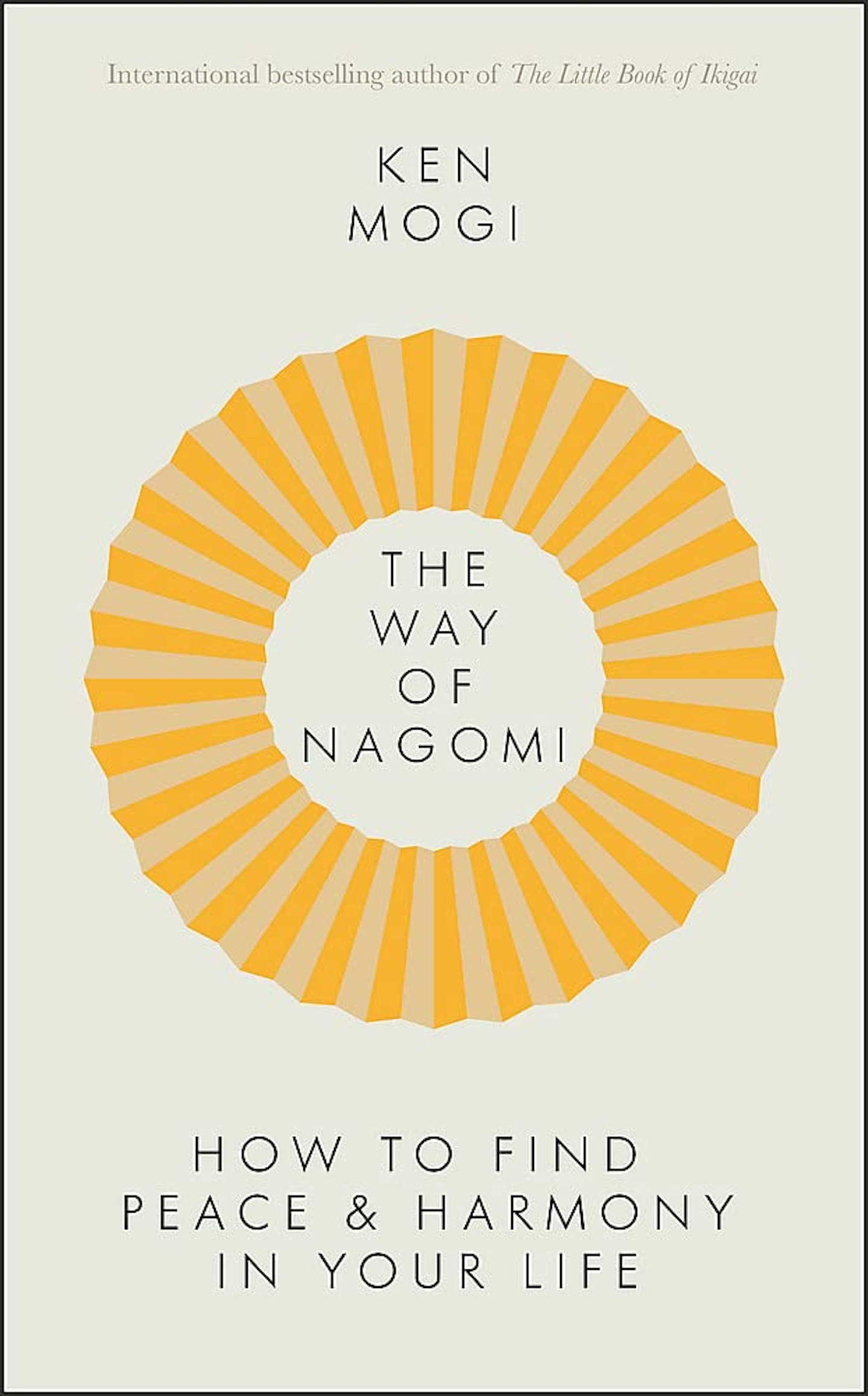 33 of 33
33 of 33The Way Of Nagomi: The Japanese Secret To A Harmonious Life
A popular concept in Japan, nagomi exemplifies a state of being where good and bad things live in balance with each other. Neuroscientist and bestselling writer Ken Mogi examines the philosophy of nagomi and how seeking to balance both happiness and sadness – instead of simply seeking the former – will help us achieve a sense of harmony, productivity and satisfaction in our lives both in the short and long-term.
READ MORE: Dr Rangan Chatterjee Shares His Method For Keeping Calm In Lockdown
